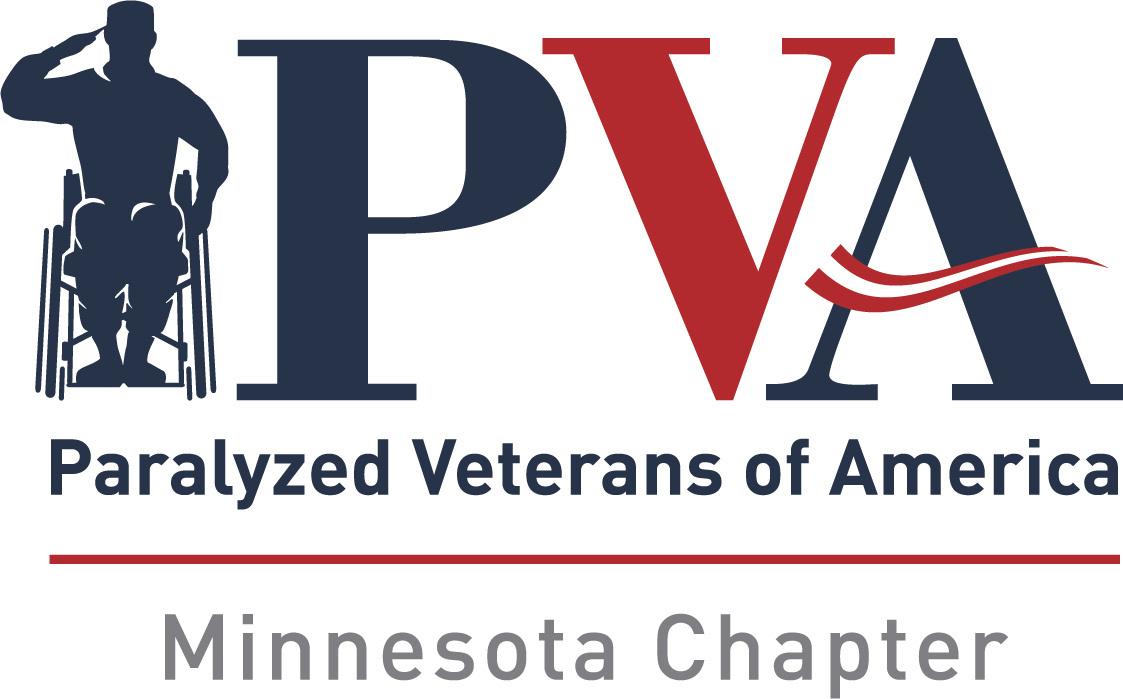




President: Vicky Garrison
Vice President: Tim Valentin
Secretary: Scott Little
Treasurer: Seth Thomas
National Director: Todd Kemery
Lauren Catlin
Executive Assistant
m: 612-699-8551
Editor-in-Chief: Vicky Garrison
Associate Editor: Lauren Catlin
Directors
Membership: Eric "Scot" Poehler
Fundraising: Karl Olson
Events: John Novicki
Sports & Recreation:
Ron James
Linda Hooker
Jason Stephenson
Senior Veterans Health & Benefits Specialist
1 Veterans Drive - SCI 141
Minneapolis, MN 55417
612-629-7022
jasonS@pva.org
Tami Anderson
Senior National Service Officer
Federal Building Room G915
St. Paul, MN 55111
612-970-5668 | 1-800-795-3609
Mission
Foundedin1946,theParalyzedVeterans ofAmerica(PVA)isanational organizationdedicatedtoservingformer membersoftheU.S.ArmedForceswho havesufferedcatastrophicparalysisasa resultofspinalcordinjuryordisease.By Publiclaw92-93(1971),theU.S. CongresscharteredPVA.
tamiA@pva.org
Jim Arndt
Vocational Rehab Program
Federal Building Room G915
St. Paul, MN 55111
612-970-5668 | 1-800-795-3609
jamesA@pva.org
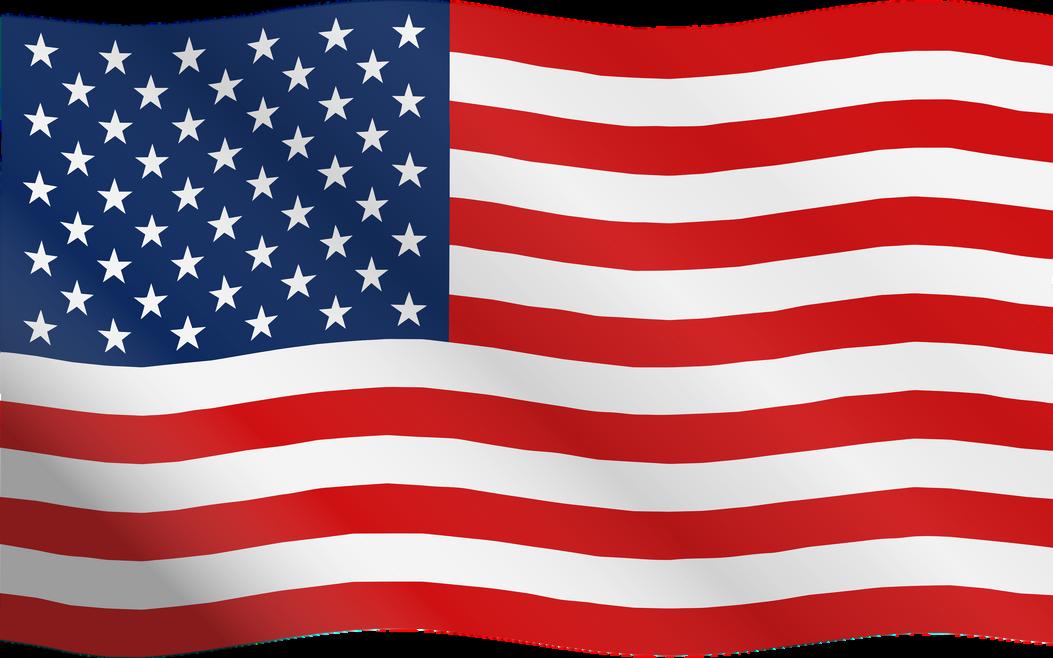
I’m very excited as we begin to see the first signs of Spring. In my area, the southern portion of Minnesota, the weather forecasts a potential for 60 and 70-degree weather in the coming week. After a lengthy, cold, and snowy winter, this is fantastic news for me, having grown up in warmer climates!
On April 13th we will have held our second meeting this year, with two more scheduled before the end of our fiscal year, September 30. Our dedicated executive assistant, Lauren, recently spent hours calling to invite our members. We also have many summer activities planned. My heart swells with joy when we join in person at events and meetings, opening new doors for activities, friendships, knowledge, and support. Our board of directors enjoys seeing long-time members and getting to know our new ones!
As delighted as I feel about our increased activity schedule, my heart feels equally solemn, knowing that many members still have unmet needs. The COVID situation over the last three years created a heavy toll on many, both physically and mentally. Missed or delayed treatment, lack of in-person medical visits and critical follow-up care, and home care shortages affected many. While numerous things are back to business as usual, the consequences linger for some of the SCI-D population of veterans. Multiple studies now indicate that the lockdowns were not without adverse effects in some instances.
For seasoned SCI-D veterans, think back to the first one to three years after diagnosis when most of us learned to adjust to our change. We spent vast amounts of time and energy working with professionals to fine-tune life skills, dial in care routines, and learn to accomplish tasks differently. We also absorbed the shock of receiving a life-changing diagnosis. For this intense learning, real in-person connections are imperative. Imagine trying to complete this adjustment in a lockdown scenario when suddenly the resources that used to be so readily available aren’t there. Also, struggles can continue, or new complications surface, even for those beyond the initial phases of an injury or diagnosis.


This is absolutely not a critique of our frontline providers and caregivers. I hold the utmost respect and appreciation for their dedication and tenacity while facing challenges that were and continue to be in front of them. All of us owe these devoted people an immense amount of gratitude. My statements simply reflect the here and now - what we see in front of usregarding the ramifications from the past three years. I’ve spoken to many veterans and non-veterans and have seen the profound negative impact on their lives. Many of you have seen them too.
Since we can’t go back in time and change the circumstances, what can we do? I propose we can take action where we are now. Take stock of the situation, and find the next person to help. Be on the alert for that veteran who needs a hand. We are one group, brothers and sisters, bonded by our military service, commitment to our country, and strong will. I challenge all veterans to reach out to one another and offer help.

I’d like to take this opportunity to speak to every chapter member. If you have an unmet need, please get in touch with us. If you need help getting equipment, please let us know. If you feel stuck in a rut and want to be more active but don’t know where to start, please call us. If you just need to talk, we're here for you. While we may not be miracle workers, we're dedicated and persistent when it comes to our mission, with many resources available to us.
Minnesota Paralyzed Veterans of America continues to work very hard to advocate for the needs of our SCI/D veterans. We understand the serious concerns with accessibility, home health staff shortages, and maintaining and promoting vital VA specialty care for all. Many of our veterans still struggle with incomes that don’t adequately support them. We have veterans that lack family support nearby and face social isolation. Our chapter desires to help our members who face struggles that impact their quality of life.
While our mission may have many words, descriptions, and areas covered, it all comes down to serving our member veterans with SCI-D. And that, my friend, is you.
Like a child, be happy for no reason!

In addition to my role as Chapter Secretary, I also serve as the MNPVA Point of Contact for Multiple Sclerosis. We have been busy connecting with other MS resources to help our MS members. I am happy to report that our chapter joined on to be a sponsor of this year's MS Walk. I believe this is an important step in broadening and strengthening the supports we offer to our members. I encourage you to join us on May 7, as a participant in the walk, a helper at our booth or a supporter of this important event. Please reach out if you have any questions.
Recent changes to PVA membership criteria have opened up our membership to all veterans with MS. Call us today to find out more information. If you know of a veteran with MS, share this information with them!
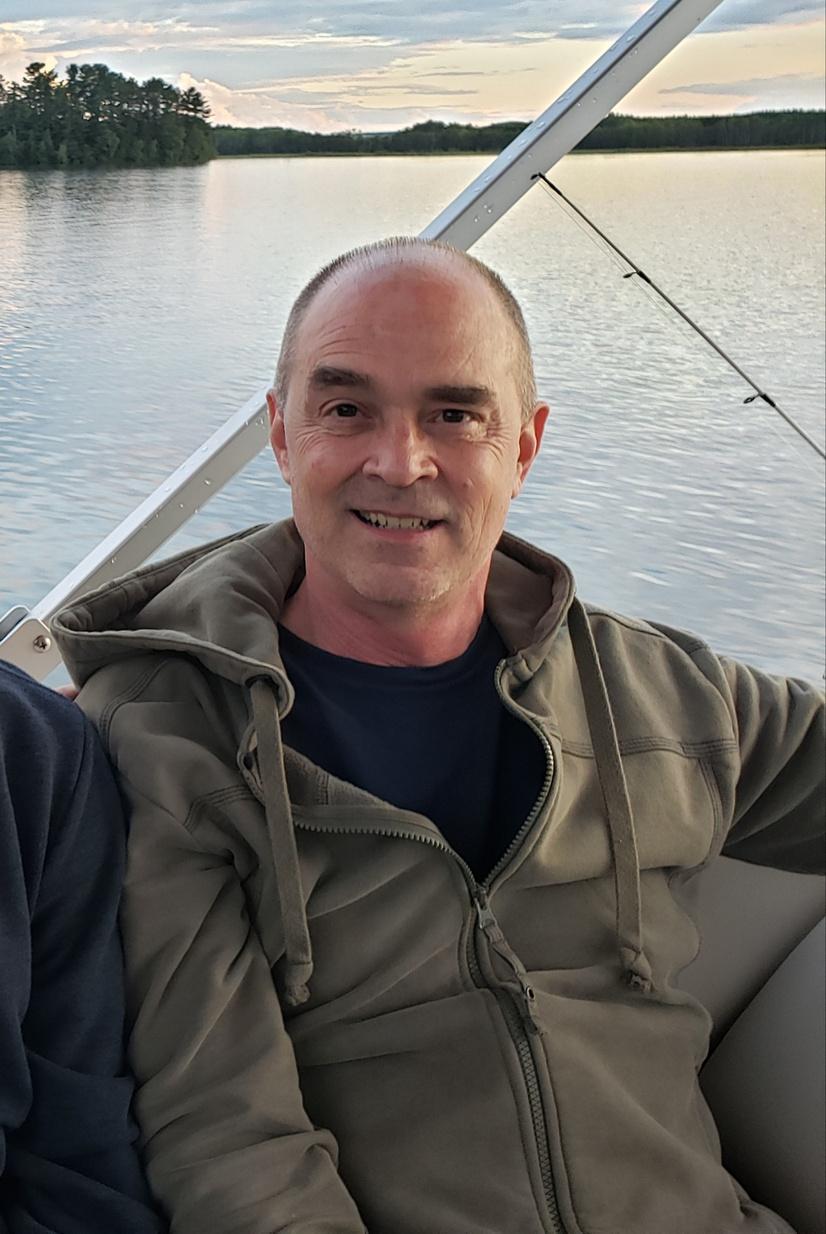
This year, MNPVA will proudly be sponsoring the parking area and shuttle service for Walk MS: Twin Cities! The event takes place on Sunday, May 7, 2023, from 8 am until noon.
Participants are directed to park at the Minneapolis VA Center: One Veterans Dr, Minneapolis, MN 55417. There will be shuttles to bring participants to and from Minnehaha Park for the event. Walk MS has 1- and 3-mile accessible routes available with volunteer support and Hydration Stations along the way!
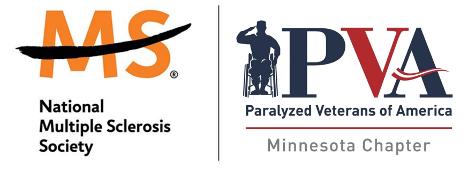
The shuttles start at 7:30 am and go until 12:30 pm.
For more details and registration, visit Event Walk MS: Twin Cities Walk Details - National MS Society (donordrive.com).
Get your teams ready now and don’t forget to stop at the MNPVA tent to say hello!
We love hearing from our members. If you have a question, a need, or just want to say hi, please reach out. The chapter is you and you are the chapter!
Phone or Voicemail
Office Phone: 612-467-2263
Mobile Phone - Call or Text
Executive Assistant (Lauren) 612-699-8551
President (Vicky) 612-430-6690
Office Assistant: office@mnpva.org
Executive Assistant: laurencatlin@mnpva.org
President: vickygarrison@mnpva.org
Facebook Messenger: @MinnesotaPVA
Instagram: pva.mn
Office Hours: Monday - Thursday 8a 4pm, Friday - 8a - 1:30p
Our office is conveniently located in the VA Minneapolis SCI/D center, across from the PT/OT center.
Virtual Meetings Available Upon Request

Puzzle Lovers!
Congratulations to our February/March puzzle winner....Rod Guthier!
Could you use a $25 Gift Card?? Send in a completed copy or a digital picture of each of your completed puzzles for a chance to win in our regular drawing! One submission per month. Thanks to all for sending in your entries - participation is growing!
Next drawing date: 5/1/2023
Stay tuned in the coming weeks for MNPVA's brand new website launch. We're excited about the easy to navigate structure along and feature packed design. We'd give you more details but we don't want to spoil the surprise!

New Members
Thomas Riewer
Christina Baurichter
David Cartwright
Lynn Fulton
Bruce E. Scott
Francis Augustson
New Associate Members
Connie Henke
Thank you to all our donors, sponsors, and volunteers!
MNPVA can't run without you! All the support that SCI-D veterans receive from our organization is because of you. Thank you for your tireless work and unfailing support.
MNPVA can always use volunteers in many different areas. We are currently looking for volunteers to serve on the fundraising committee, event committee, website committee, or to provide support at events and help with mailings. If you are interested in becoming a volunteer team leader, please contact our office.
The
Deann Hollisheart of a volunteer is never measured in size, but in the depth of commitment to make a difference in the lives of others.
April 13 Spring Members Meeting
April 20 Sports/Rec at BaseCamp
April 25-27 Disabled Veterans Turkey Hunt
May 3 Sports/Rec at BaseCamp
May 18 Sports/Rec at BaseCamp
May 29 Memorial Day
June 1-2 Trolling 4 Troops
June 7 Sports/Rec at BaseCamp
June 22 Sports/Rec at BaseCamp
July 4 Independence Day
July 4-9
National Veterans Wheelchair Games
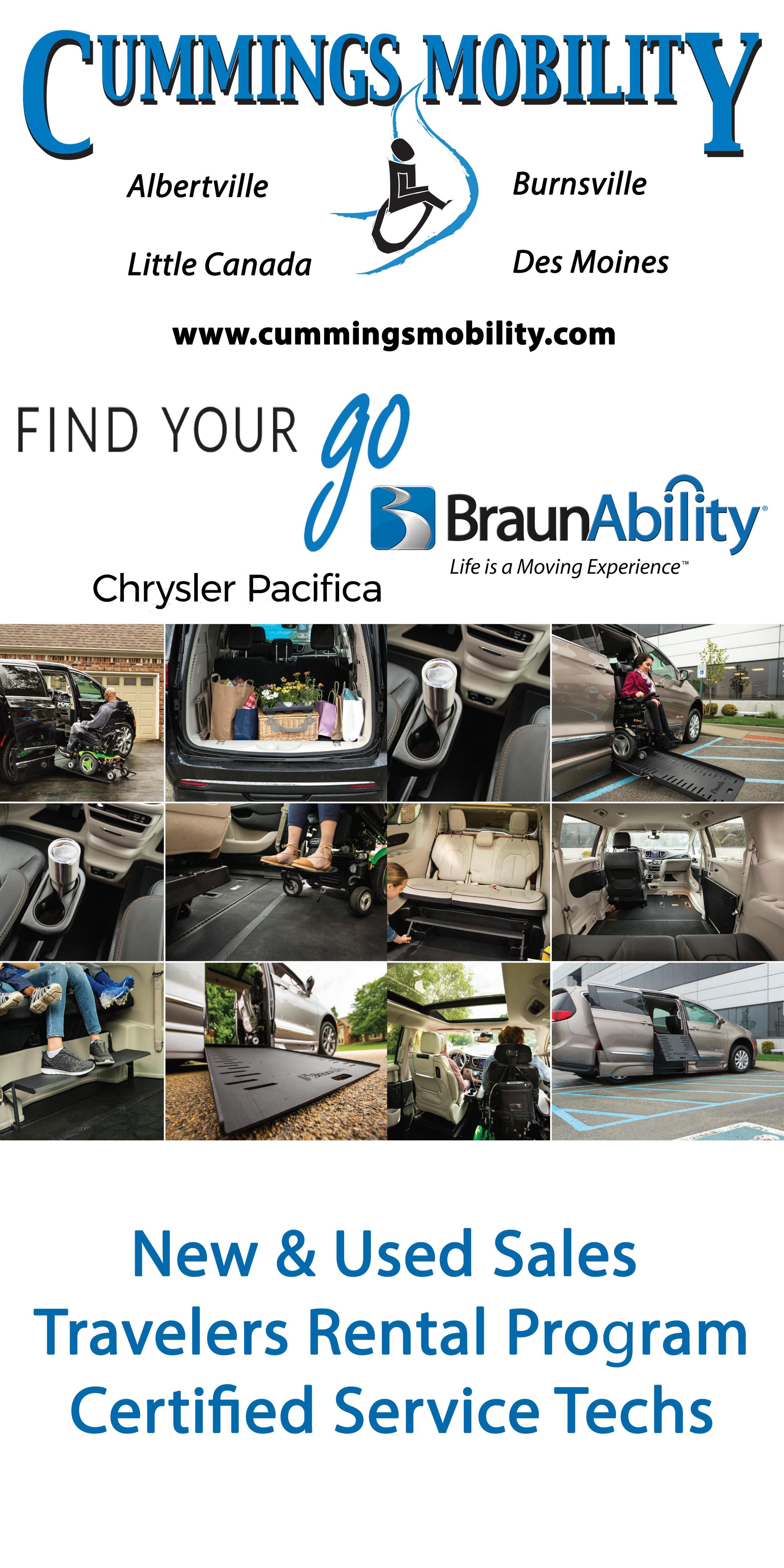
April 1-30, 2023
April 1-30, 2023

From the bedside to the transition home and beyond, PVA fights for catastrophically disabled veterans, their families and caregivers at every twist and turn in life. It delivers on its mission of helping veterans with spinal cord injuries and diseases, like MS and ALS, life productive, independent lives by ensuring they get the specialized care they require, the accessible home and vehicles they need, the jobs they want, and benefits they earned.

Thanks for supporting PVA AwarenessMonth! From starting as WWII service members returning w/ #SpinalCordInjuries to today's PVActionForce, we couldn't succeed without you, and we need your help!


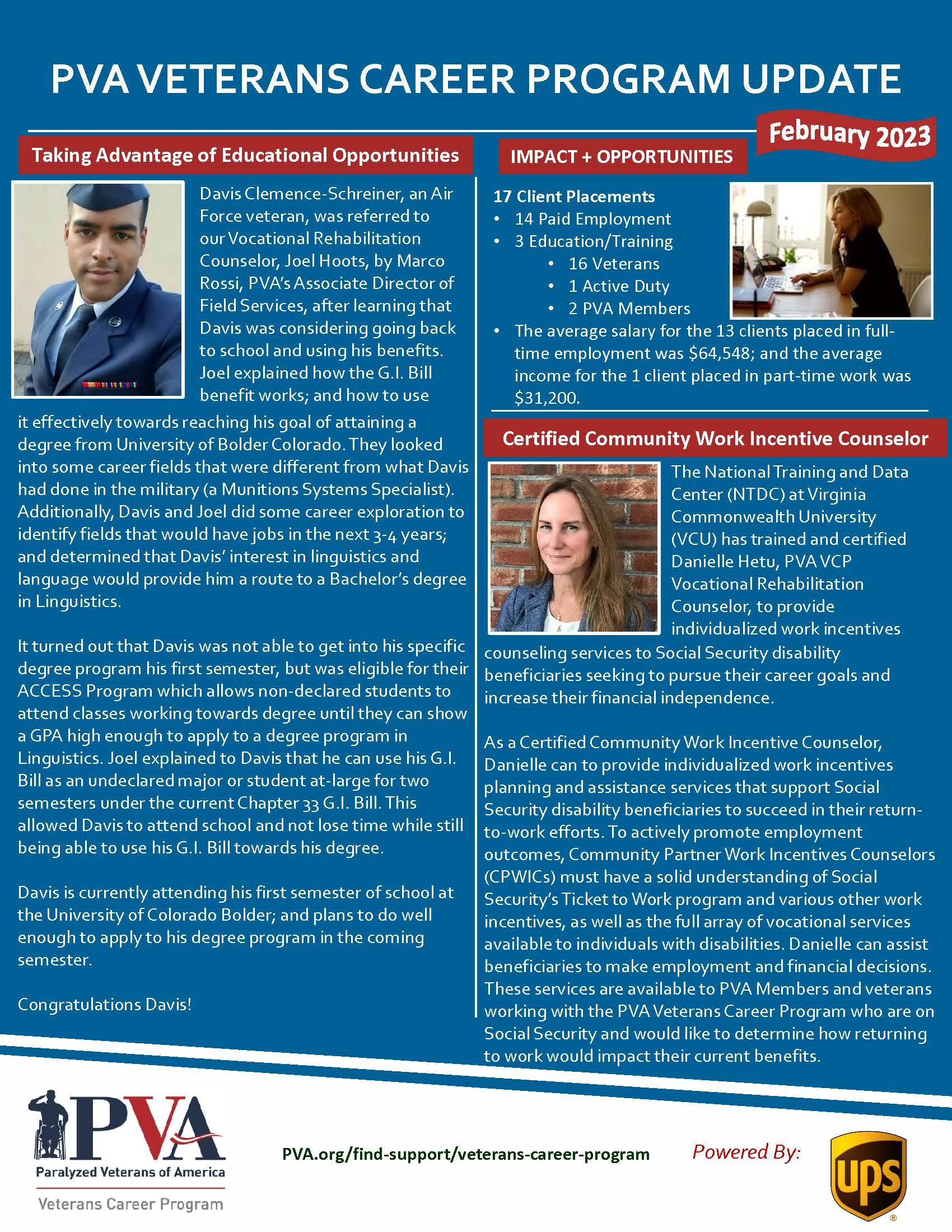
Under the Americans with Disabilities Act (ADA), a reasonable accommodation includes modifications or adjustments that enable employees with disabilities to perform the essential functions of their job. Whether an accommodation is reasonable in a particular case involves an analysis of the facts of the particular situation, including the cost of the accommodation and the employer’s ability to pay for it.
Some examples of possible accommodations include the following: allowing an employee to take time off from work for doctor’s appointments or visits to a therapist; allowing an employee a flexible work schedule so that the employee may work more hours on good days and fewer hours when necessary; restructuring the job description to eliminate non-essential functions; providing a wheelchair accessible work site, a sign language interpreter, or Braille materials; or simply educating and reshaping co-worker attitudes.
If you need an accommodation, you should tell your employer (1) that you have a disability, (2) how your disability interferes with your ability to do your job functions, and (3) what accommodations you need in order to do your job functions.
Although you may make your request orally or in writing, it is better practice to put your request in writing so you have a record of it. The earlier that you ask for the accommodation, the better. If you wait too long to ask for your accommodation, such as after you have started your job, the employer may not be obligated to consider your request.
If the need for an accommodation is not obvious (e.g. an employee uses a wheelchair), an employer can ask the employee for reasonable supporting
documentation. This documentation is sufficient to establish that the employee has a covered disability and establish the need for the accommodation the employee seeks. The documentation should not be a “blank check” to seek the employee’s entire medical record.
No. Once your employer knows about your need for an accommodation, he or she must engage in an interactive process with you to help determine what accommodations might be appropriate for you at the job site. Your employer does not have to provide the exact accommodation you are requesting, but must have meaningful discussions with you about what will work and what is reasonable. Employers must make reasonable efforts to determine the appropriate accommodation for you, by consulting with you and giving primary consideration to your preference. The employer may select a less expensive alternative as long as it is appropriate and meets your needs.
Employers are not required to provide an accommodation if it would create an “undue hardship” on the employer. In general, the term undue hardship means an action requiring significant difficulty or expense, when considered in light of several factors including the nature and cost of the accommodation as well as the employer’s resources.
For example, if an individual with a wheelchair wanted to work in a toll booth but it required the employer to completely modify every toll booth on their serviced road, that would be an undue hardship. Instead, it may be appropriate for the individual to ask for a stool if they are able to sit comfortably in the stool for their shift.
You should participate in the process of developing or implementing the accommodation. If you and your employer do not initially agree on the accommodation, you can offer your employer a referral to accommodation specialists such as the Job Accommodation Network (800 526-7234;
http://askjan.org/); or enlist assistance from a third party such as yourDepartment of Rehabilitation Counselor or an advocate. You can also contact the Equal Employment Opportunity Commission (EEOC): www.eeoc.gov.
What can I do if my employer denies my request for reasonable accommodations?
You may file a Title I complaint with the EEOC either by telephone at (800) 669-4000; or visit its website for more information at http://www.eeoc.gov. If the EEOC issues a right-to-sue letter (a letter saying you may file in court), you have 90 days to sue in US Federal District Court. You must receive a right-tosue letter from the EEOC before filing an action under Title I in court.
If you, your spouse, or caregiver, are interested in career support including paid employment, education, or volunteer opportunities please visit pva.org/Veteranscareerprogram or email Veteranscareerprogram@pva.org for more information.
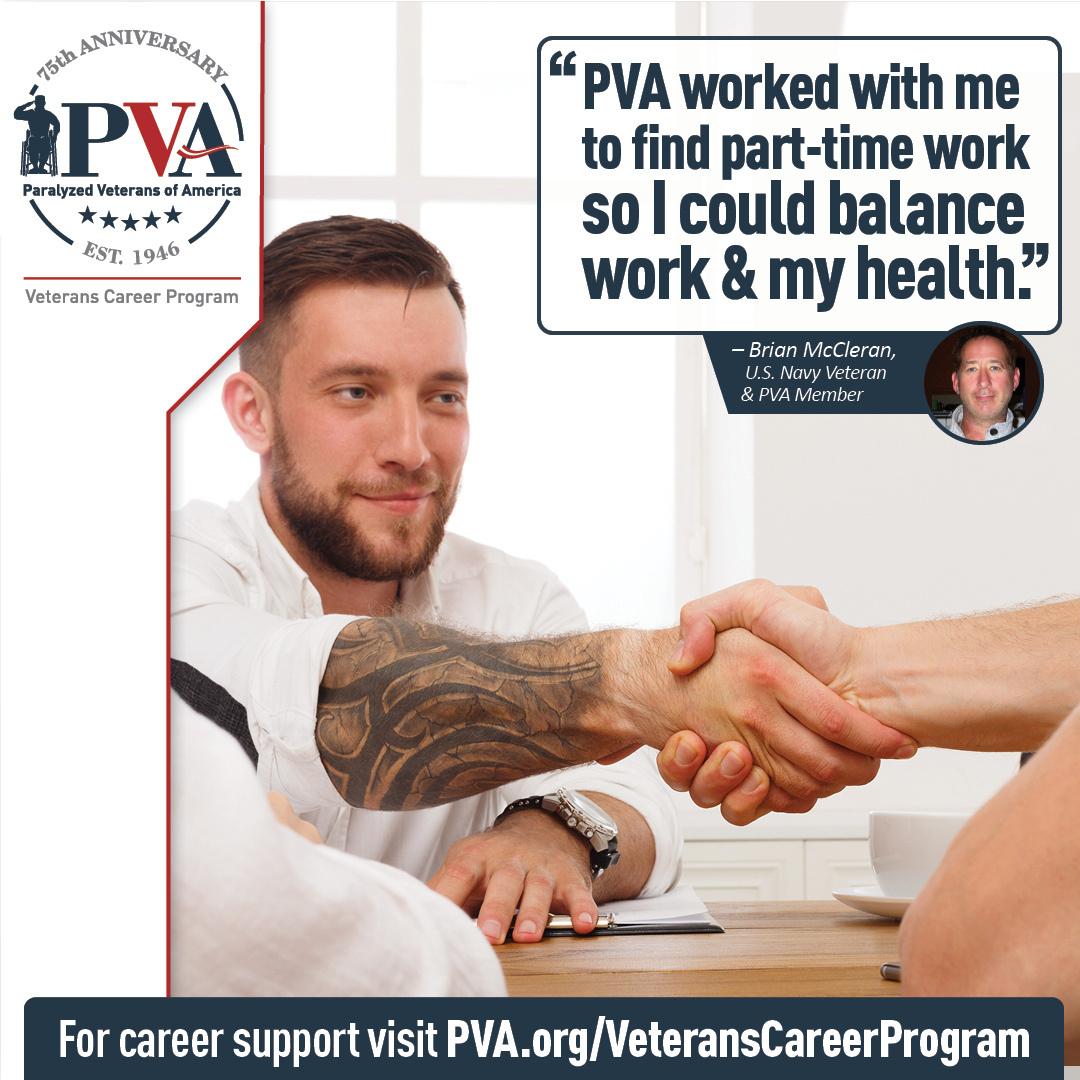
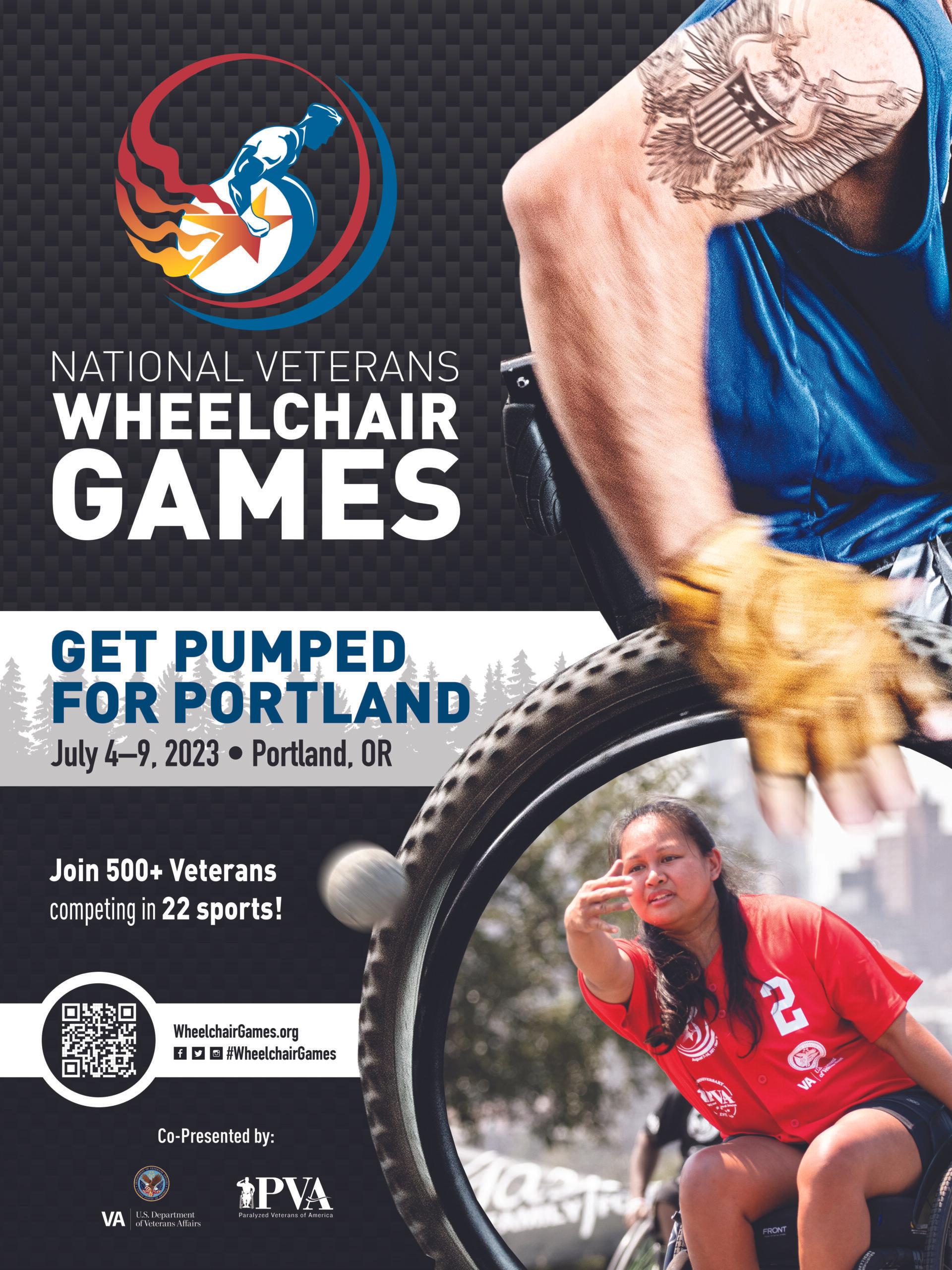
Includes two accessible great seats. Save your parking, snack, and non-alcoholic beverage receipts to request reimbursement from us. Bring a family member, friend or caregiver for the second seat! For ticket recipients who want to say thanks, share a photo with us!
Interested members should contact our Sports/Rec Director, Ron James or call the office at 612-467-2263

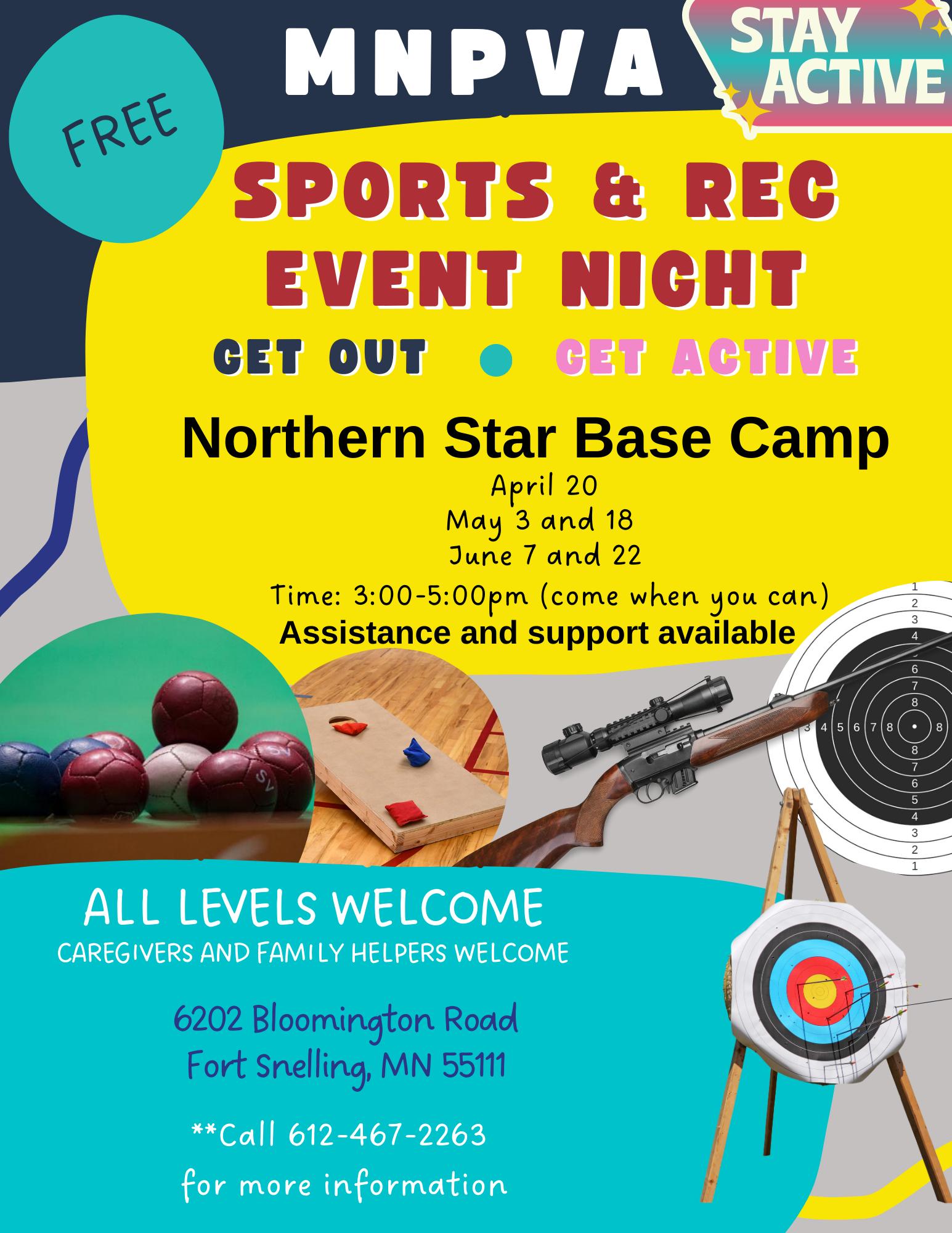
MNPVA wants to make it easier for members to attend activities in their communities and to attend activities in their communities and just for fun! just for fun!
MNPVA wants to make it easier for members
Reimbursement is available for activities like Reimbursement is available for activities like concerts, sporting events, and theater! concerts, sporting events, and theater!
Reimbursement includes the cost of Reimbursement includes the cost of admission, lodging, transportation, meals/food, admission, lodging, transportation, meals/food, non-alcoholic beverages, and parking for non-alcoholic beverages, and parking for MNPVA members. MNPVA members.
Limited to a max $3000 per year per member (subject to change)
Submit request within 30 days of expense
Receipts must be legible
Get a reimbursement form from the office to submit with your request
Eligible expenses are limited to: event ticket/admission, lodging, transportation, meals/food and non-alcoholic beverages, and parking for MNPVA members
If anticipated expenses for a single event are greater than $250, please notify a board member 7 days prior if possible.
The Fine PrintOur chapter continues to support active bowling groups that meet weekly. All skill levels are welcome, and no commitment is required. Bowling once a week has many benefits for both the body and mind. Current locations include:

Thursdays at 11am
McPete's Sports Bar & Lanes
590 Humboldt Dr Big Lake, MN
Fridays at 11:30am
Split Rocks Bowling
5063 273rd St
Wyoming, MN 55092
St. Croix Lanes
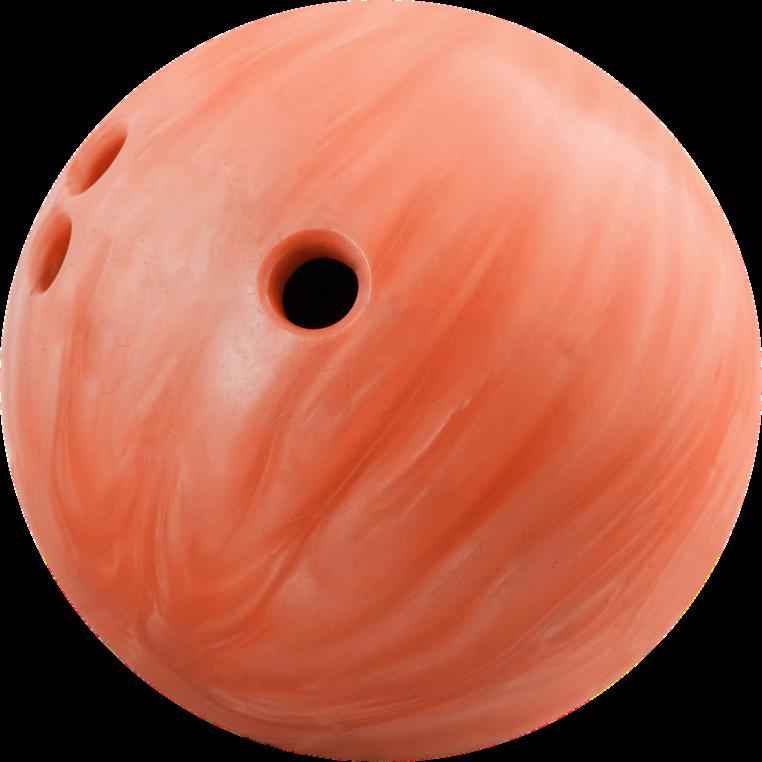
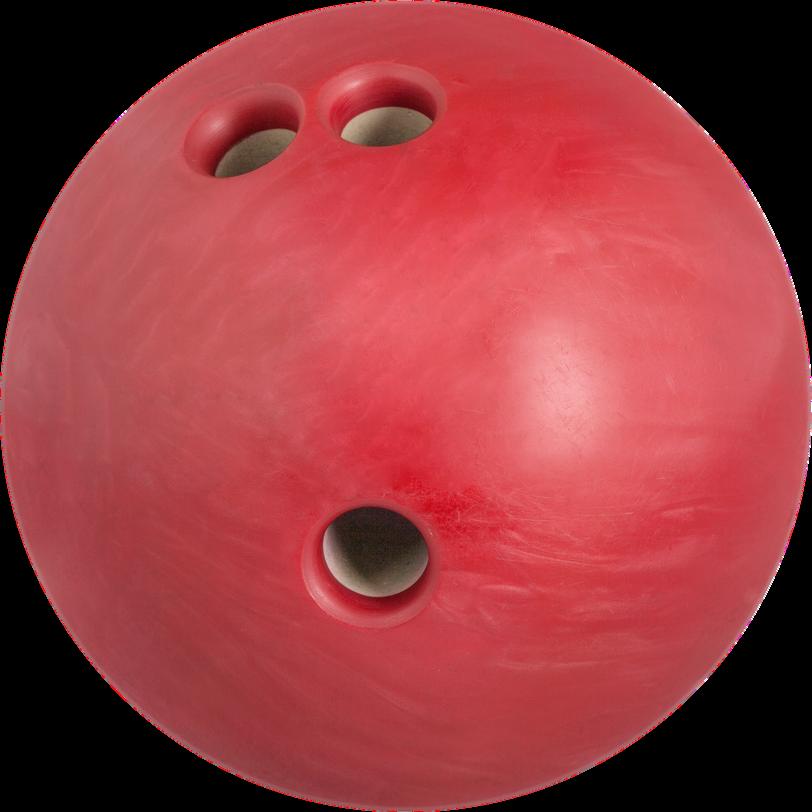

1153 St Croix St, River Falls, WI
If you're near - let us know
As we grow our bowling groups, we have many ideas for events, competitions, and gatherings. Our chapter's own famous "Minnesota" Bowling ramps are available for those desiring to bowl regularly.
We are looking into starting a new group in the Mora area! Please contact the office if you’re interested in helping the group get started by volunteering or participating.
Please contact the office at 612-467-2263 if you’re interested in joining and if there isn’t a local group, we can help get the word out to form one.


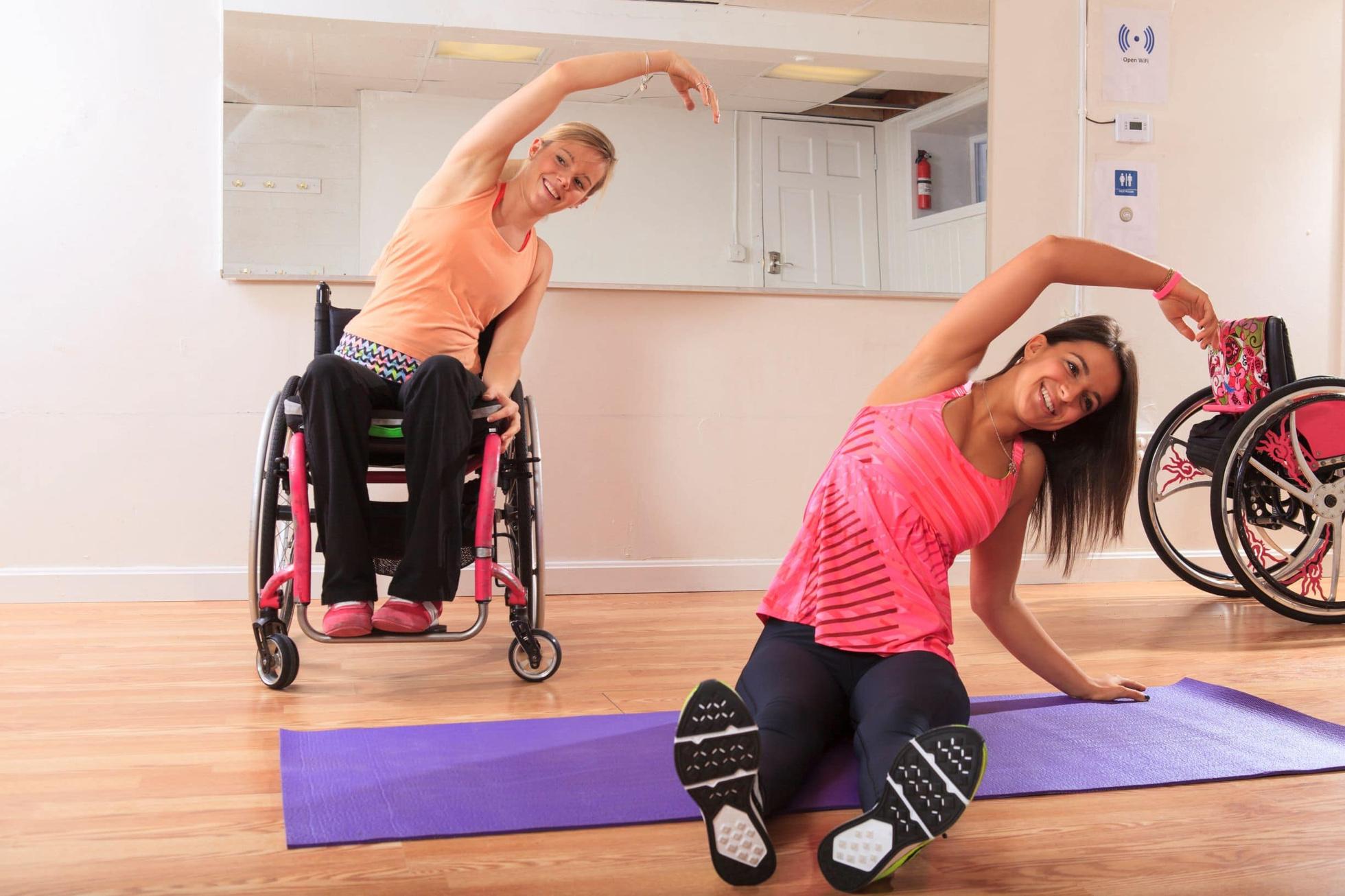
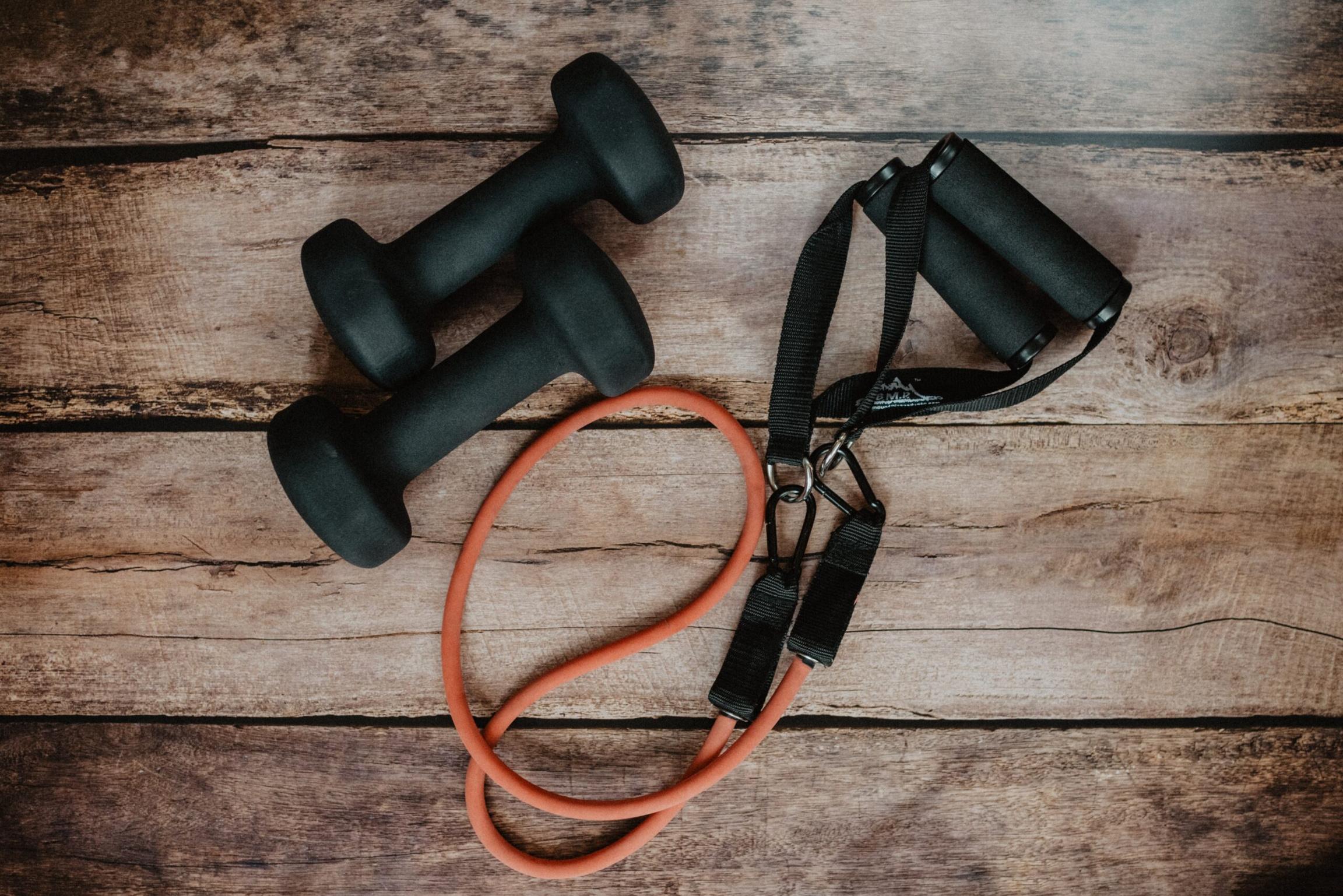
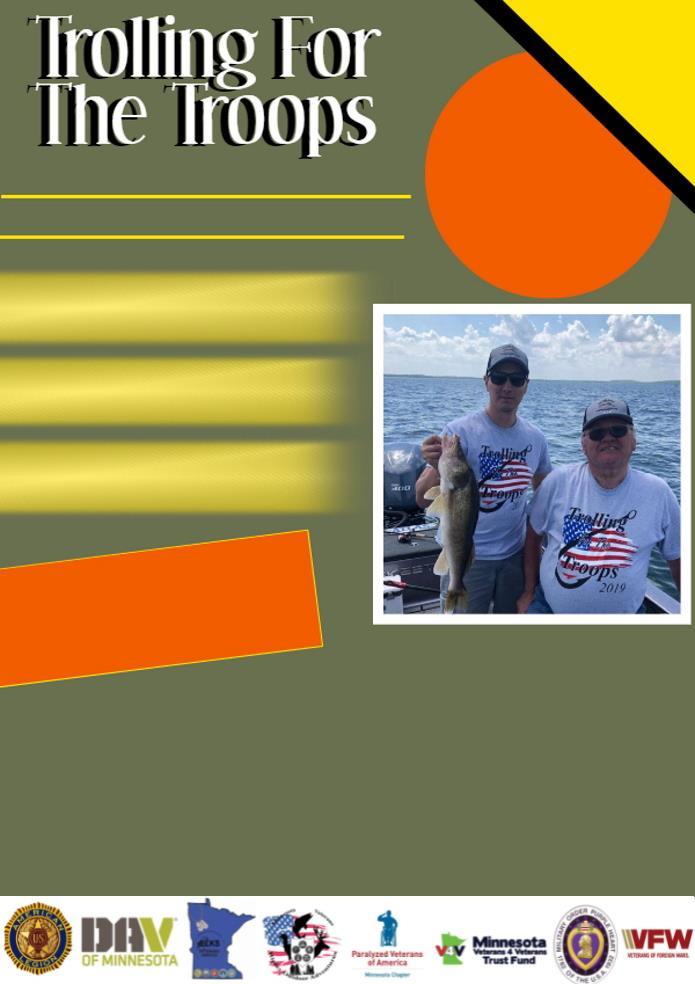


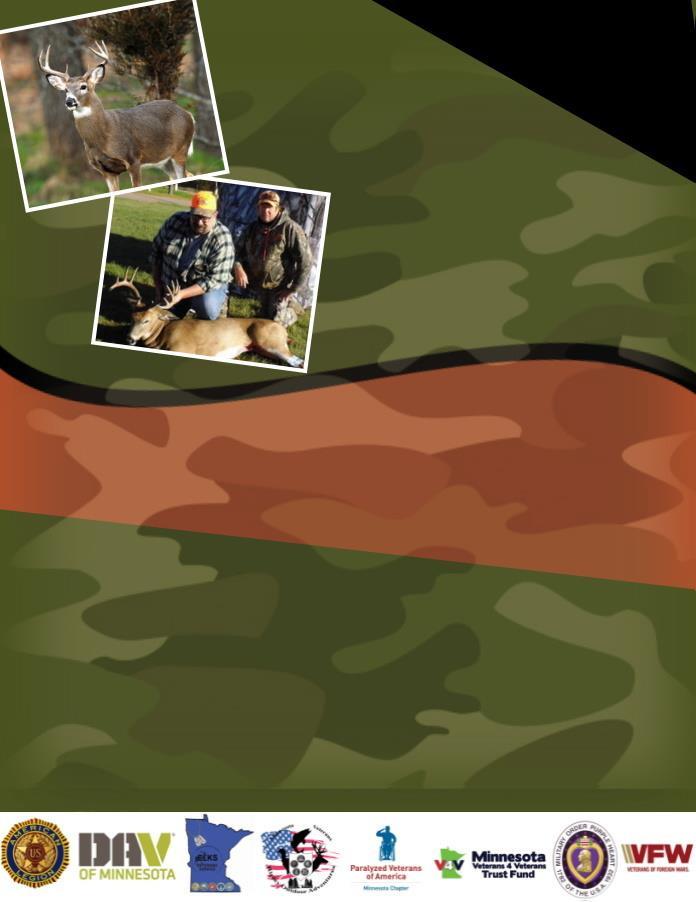

Thank you to member Rick Stang for recently donating a Trackchair to the chapter! His generosity will add enhancement to our outdoor activities in all seasons. Kudos to Rick for thinking of others!
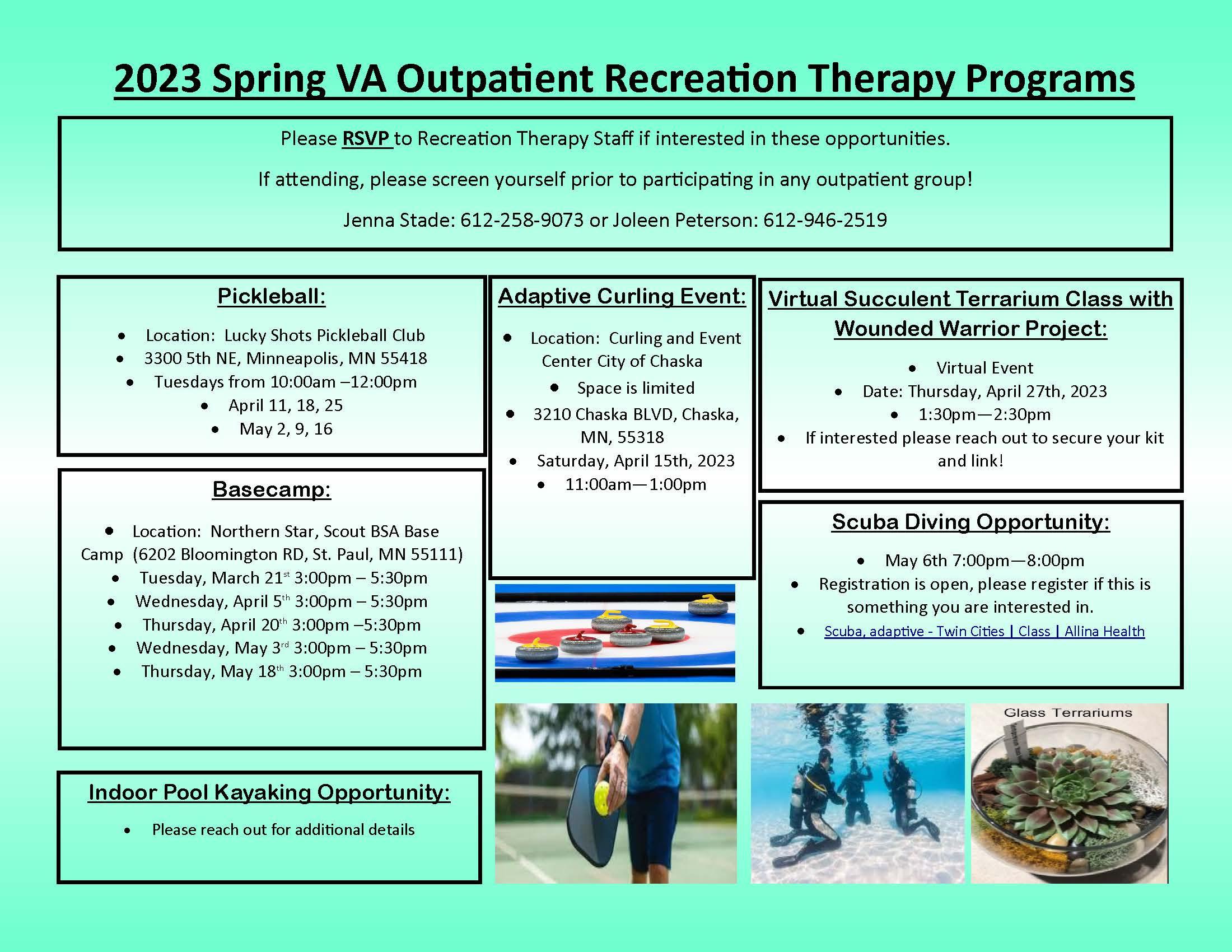
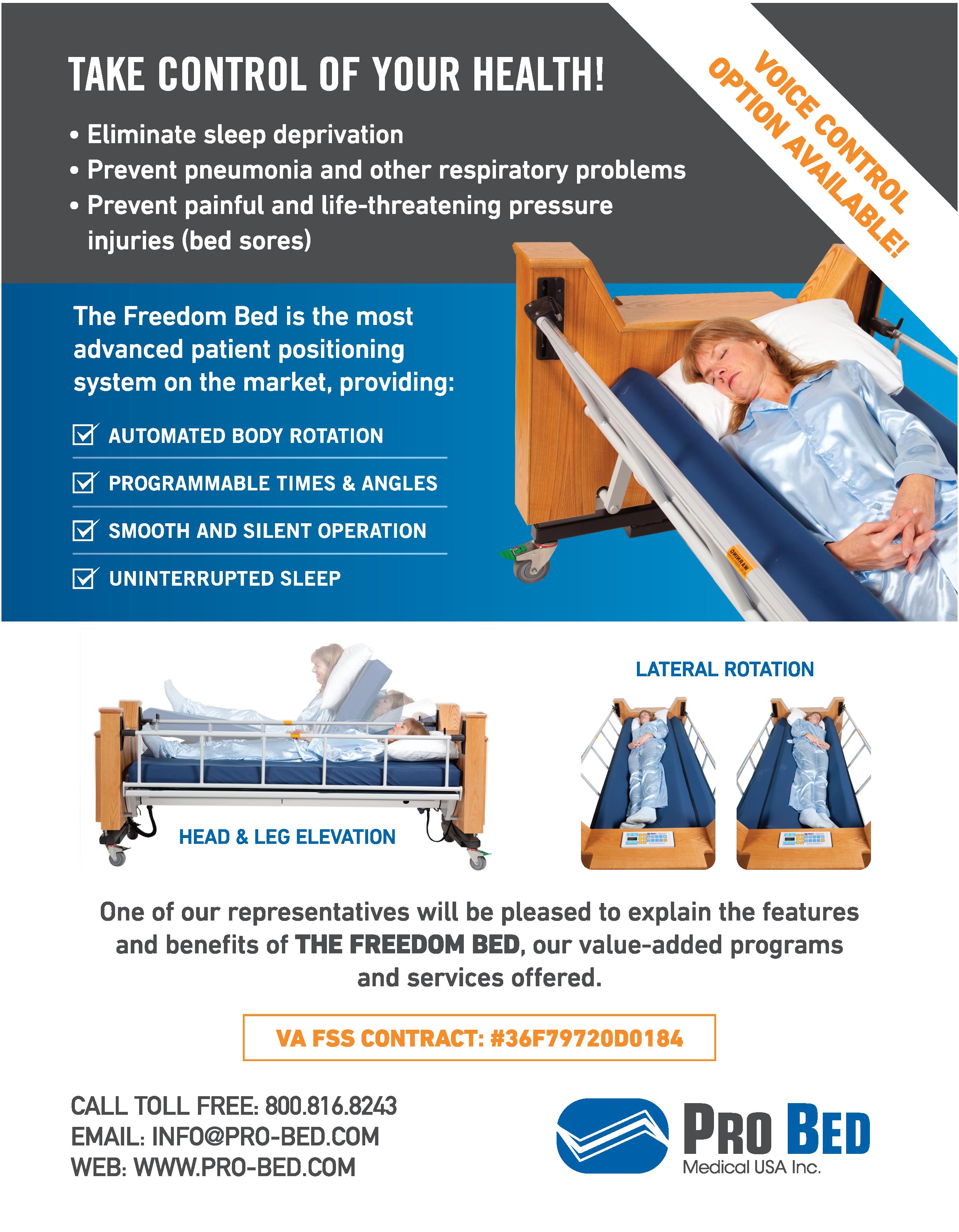
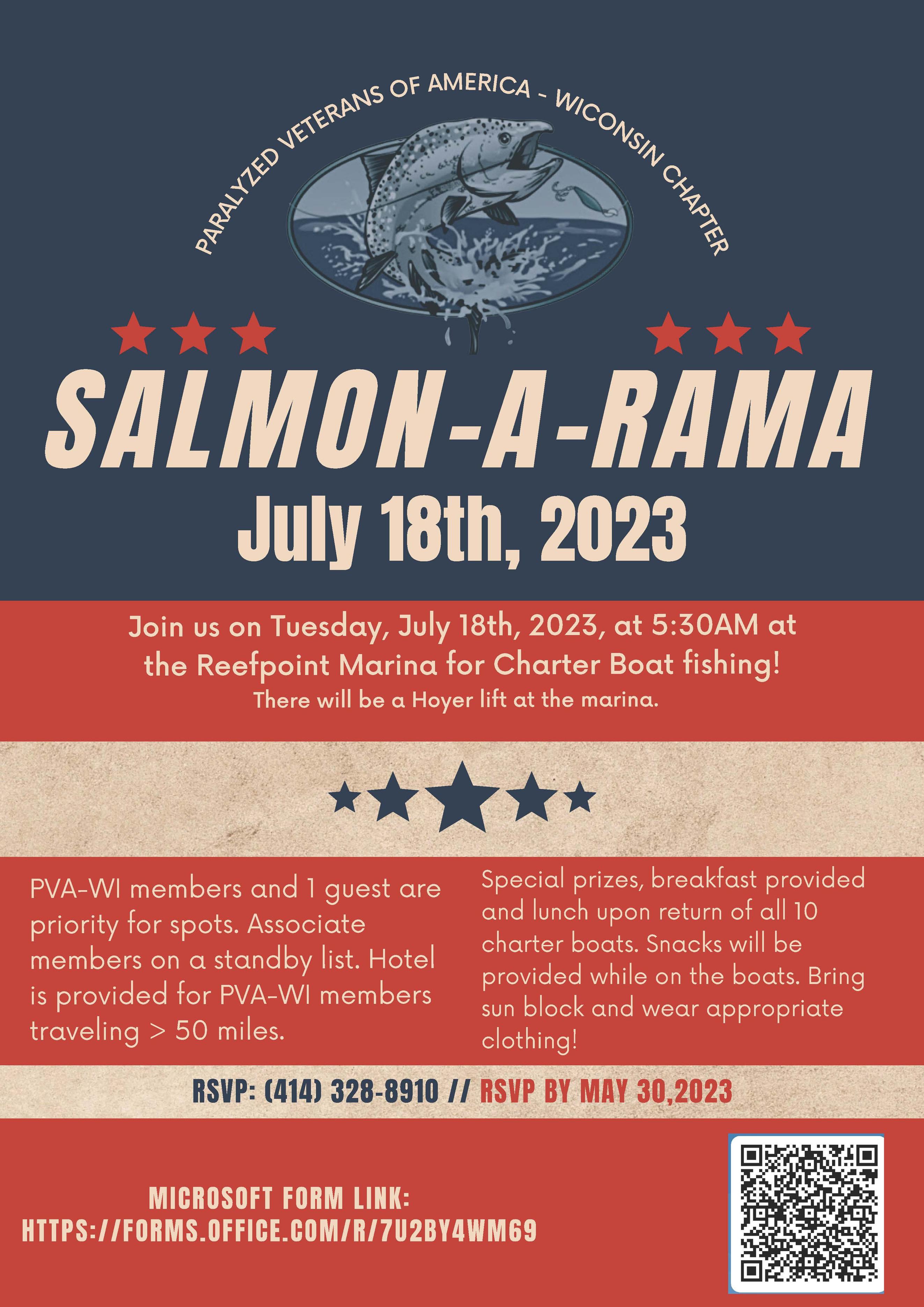
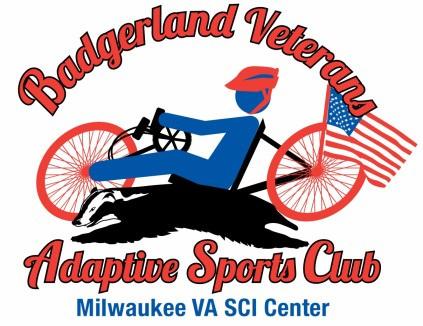
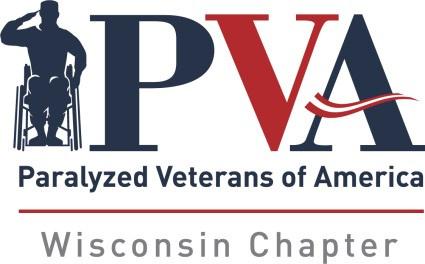
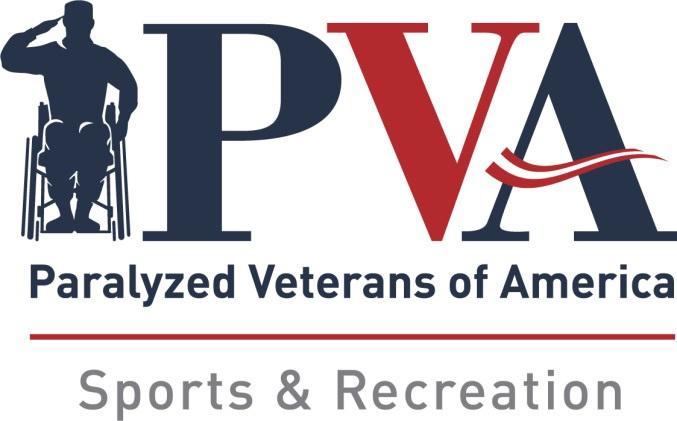
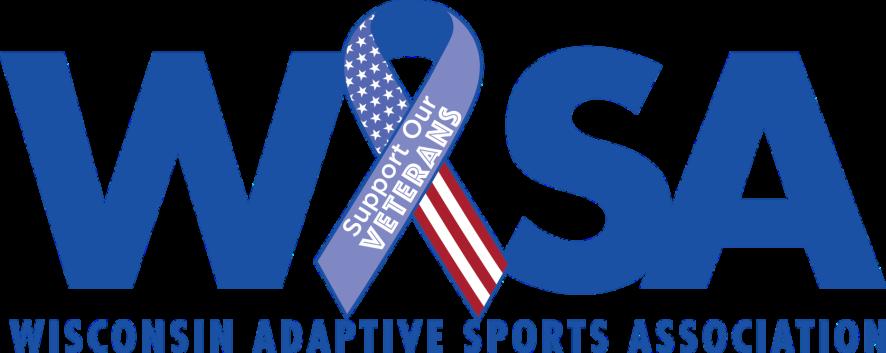

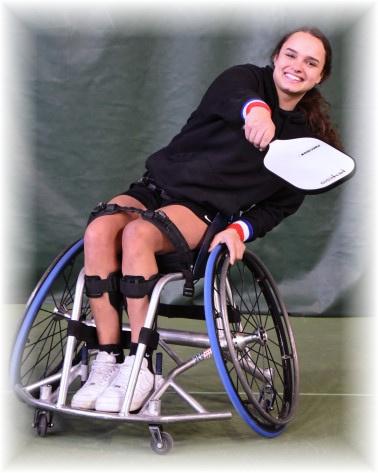
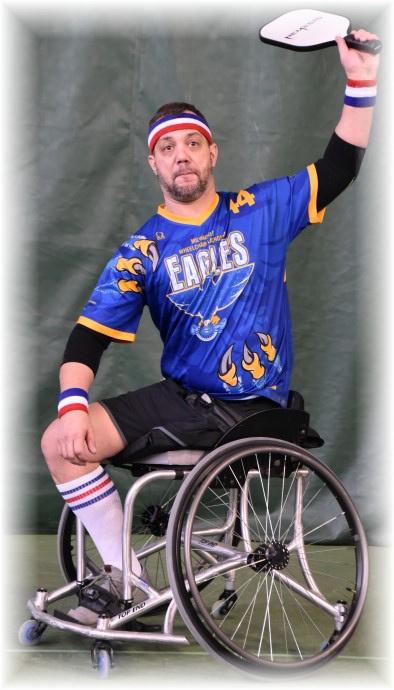
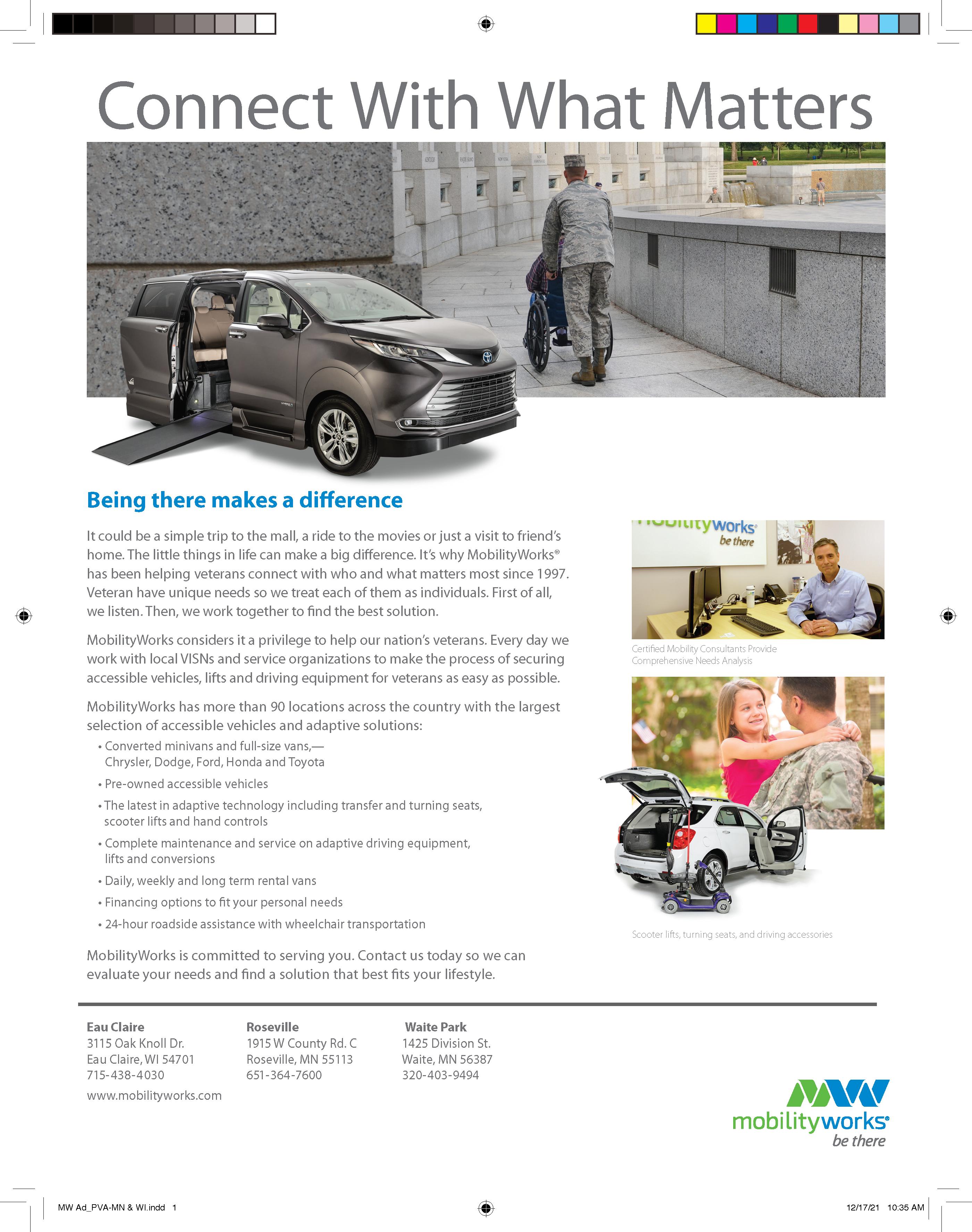
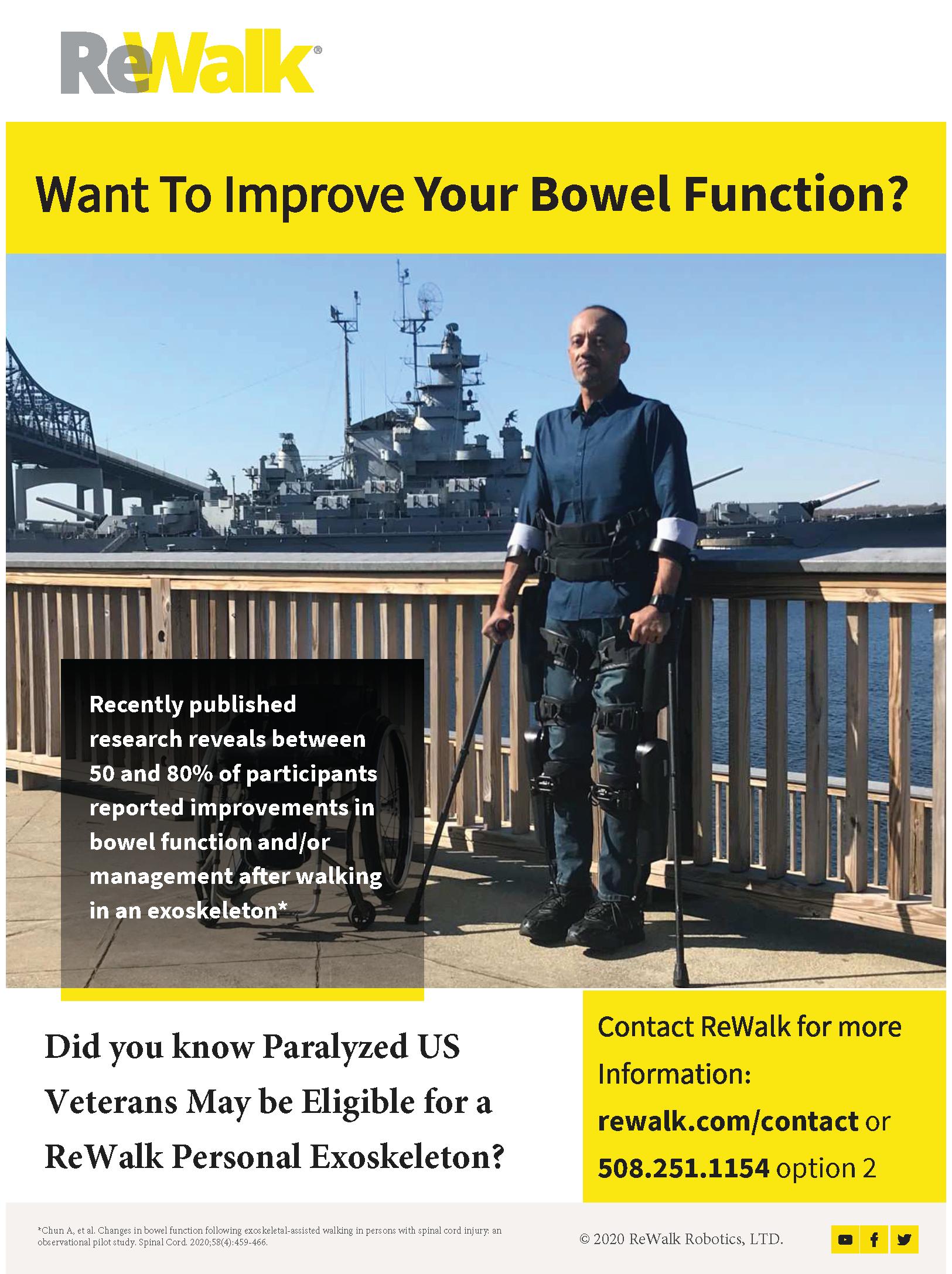
Consider supporting PVA by donating your unused vehicle! For wheelchair accessible vehicles, contact us at the MNPVA office at 612-467-2263. Your vehicle will be matched with one of our veterans in need of accessible transportation.
For all other vehicles, go to pva.careasy.org/home. Donations through National PVA also benefit our chapter.
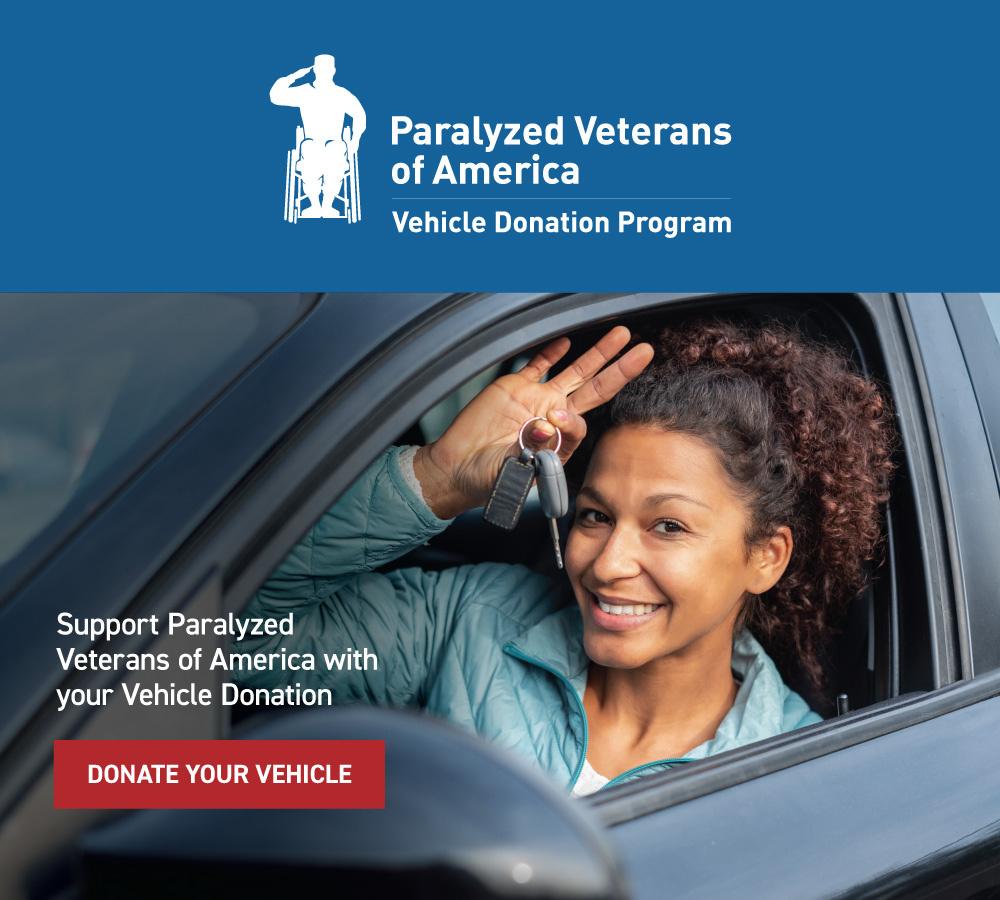
This the place to learn about ongoing research in our community. These important studies focus on improving your quality of life as a person living with a spinal cord injury or disease. Details are included for each study pertaining to contact information, inclusion criteria and status. MNPVA encourages you to read through these opportunities, reach out the researchers for questions, and consult with your own physician to see if they are a good fit for you. We truly appreciate the critical work these awesome local researchers are doing in the field of SCI/D!
The aim of this study is to evaluate two different interventions to improve sensation and movement in adults with spinal cord injury. Any Veteran with a SCI/D who is at least 3 months out (no end date limit) from a spinal cord injury, can self-transfer and some reduction of sensation and/or movement after their spinal cord injury.
Interventions: Either you will receive physical therapy, called "cognitive multisensory rehabilitation" (focusing on restoring body awareness during movements) or you will receive a membership for the adaptive fitness at Courage Kenny (Golden Valley) to train there with the adapted fitness equipment.
Testing: MRI of the brain (before and after the interventions); test of sensation and movements + questionnaires (before and after the interventions + 3 months after the intervention.
Contact information:
Dr. Ann Van de Winckel: avandewi@umn.edu or 612-406-2500


University of Minnesota researchers are seeking participants with or without a spinal cord injury for a clinical trial. We are interested in how bone health affects insulin sensitivity and sperm health in adult males with spinal cord injuries.
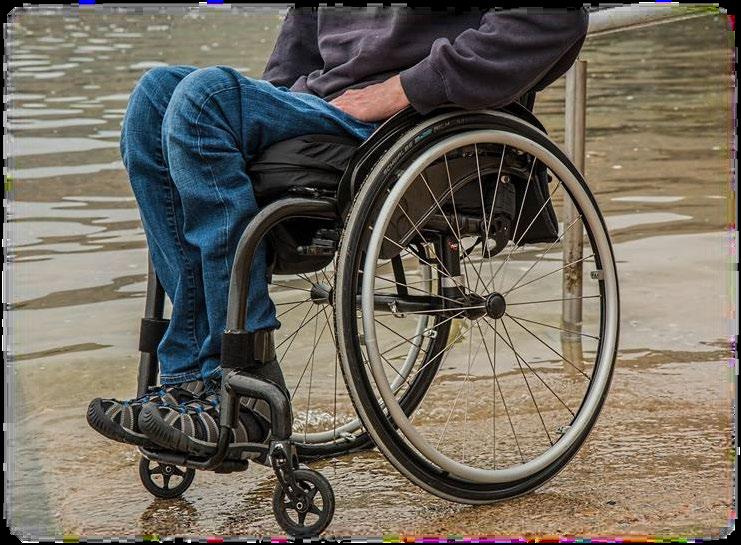
Participation in the research will take approximately 5 hours over 3-4 visits. Compensation of $200 will be provided for participation.
Wouldthisstudybeagoodfitforme?
This study may be a good fit if:
•Males (18-50 years of age)
•With a spinal cord injury
•Have completed inpatient rehab and are living in the community
•Use a wheelchair OR
•Males (18-50 years of age)
•Without a spinal cord injury
What would happen if I took part in thisstudy?
If you decide to take part in this study, you will be asked to:
•A blood collection
•A sperm sample collection
•A DXA bone scan
•Complete surveys

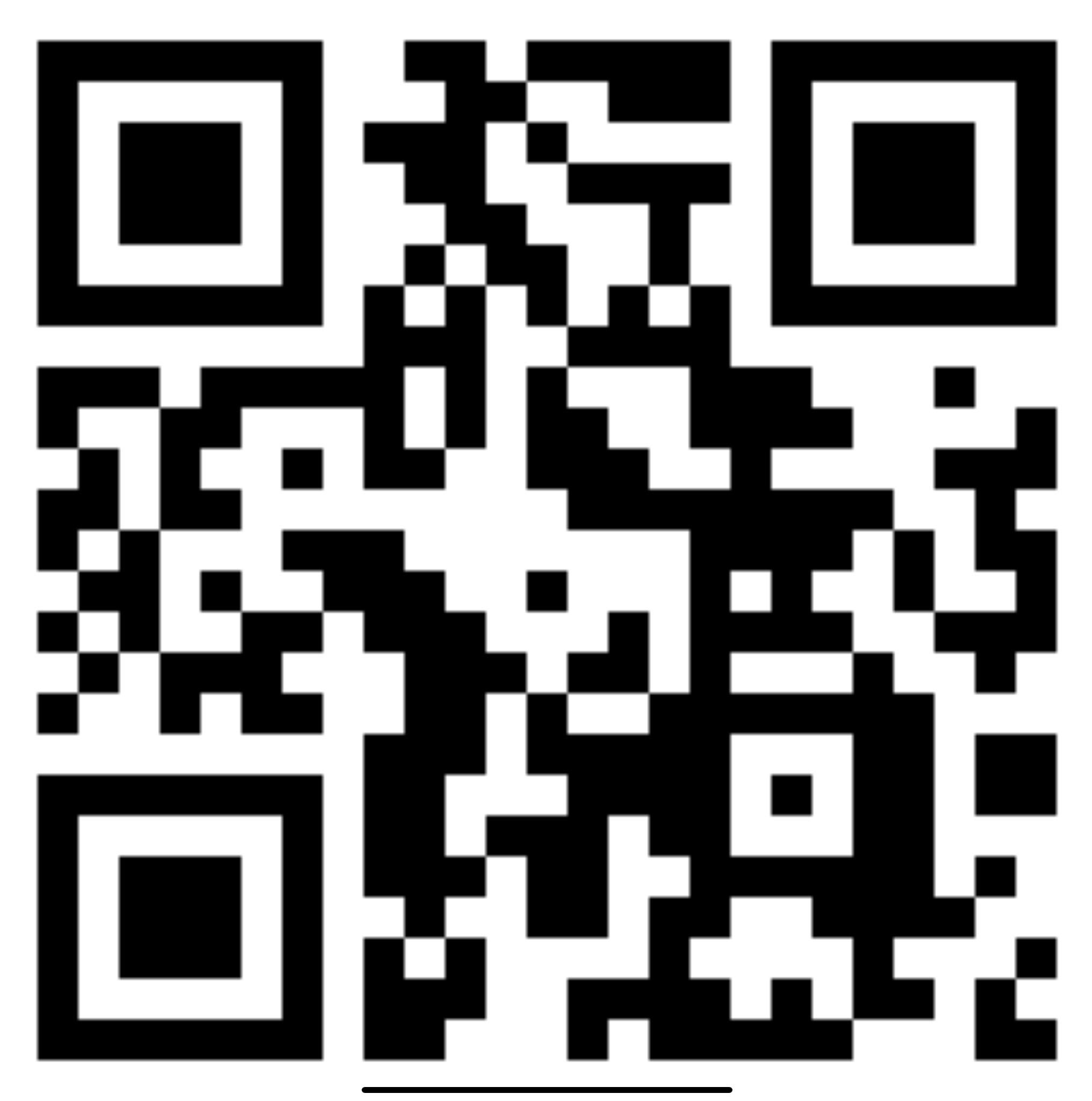
University of Minnesota researchers are seeking participants living with a Spinal Cord Injury (SCI) to participate in a research registry. This registry will help inform people living with SCI about upcoming research opportunities, news, and events.
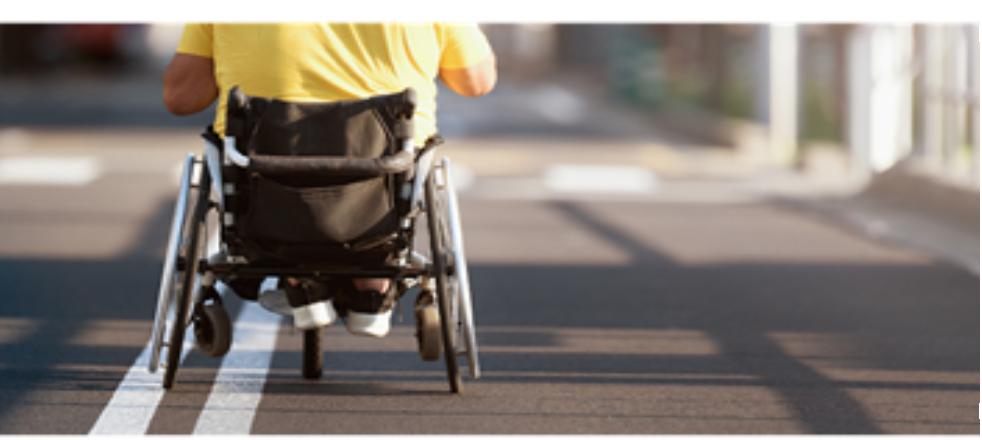
“This is not VA research. It will not be conducted by VA, has not been reviewed by VA’s Institutional Review Board, and is not endorsed by VA. VA is not responsible for any costs incurred by a Veteran if the Veteran enters the study as a research subject. The announcement is being provided for information only.”
Would this registry be a good fit for me?
This registry may be a good fit if:
You have a Spinal Cord Injury
You are 18 years of age or older
What would happen if I took part in this registry?
Signing up for this registry will take around 15 minutes. We will send you periodic updates on clinical research studies and updates that impact the SCI community.
To participate in this study or for more information, please visit this website or contact: !!!"#"$%&"'($)*+,-'.'/-01
We know from years of research that most people prefer to receive care in their homes. Home care also includes many benefits. Some known benefits include preventative care, early complication intervention, face-to-face interactions, nutrition monitoring, and a better mental outlook. This vital element in the healthcare industry can prevent hospitalization and improve quality of life.
Most of us know that the home staffing situation has degraded in the last several years and has reached crisis levels in many areas. The number of PCAs, home health aides, and other home health care professions falls short of the current need. These unfilled hours directly impact the lives of veterans. Because the VA contracts most home health care out to health care agencies in the community, staff shortages in the industry immediately cascade to our veterans, affecting the level and quality of care they receive.
Usually, if the authorized hours are enough, they barely meet the mark with no surplus or cushion. When staff shortages result in missed shifts, the effects can be immediate, and patients must look elsewhere to fill the void. Family and friends become the first-line replacements. Frequently, those invited already work full-time jobs, have their own health concerns, or don’t live nearby. Private hire options remain limited due to the shortage of professionals and potential limitations based on a veteran’s financial situation.
The negative impact of missing home health care visits may occur rapidly or slowly over time. The gaps typically equate to missed showers/baths and other personal cares, missed meals, skipping important therapies, or staying in bed for long hours. This missed care can have severe consequences for our SCI-D veterans and those who rely on these services. Pressure sores, recurrent urinary tract infections, inadequate pain relief, and nutritional deficits top a long list concerning areas. Not only does the home health staffing shortage result in a significant risk of declining physical health, but it can also have dire mental health ramifications. Social isolation, poor health, and uncontrolled pain may increase suicide risk. In summary, neglect of physical or mental health can, in some cases, lead to death.
(Continued next page)
Home care staffing issues must become a top priority to maintain the effectiveness of receiving home care and prevent unneeded hospitalizations and other complications. The Advocacy and Legislative Team at Minnesota Paralyzed Veterans of America remains committed to raising awareness and seeking solutions to this problem. The problem crosses into multiple areas, encompassing national and state systems, and affects both the veteran and non-veteran populations. The seriousness of this issue requires a lot of teamwork, creative thinking, and an unrelenting push for change. Failure to act, in this case, will lead to even more significant consequences.
Direct stories from our veterans function as a driving force to help inform and advocate for change and improvement in the vital area. If you have authorized home health care and are experiencing difficulty filling the hours due to staffing shortages or have recently experienced staffing difficulties, please get in touch with a member of the MNPVA Advocacy Legislative team or call the office at 612-467-2263.
Vicky: vickygarrison@mnpva.org
Tim: timvalentin@mnpva.org
Todd: toddkemery@mnpva.org
Impossibleisnotafact. Itisanopinion.


Elizabeth Dole Home and Community Based Services for Veterans and Caregivers Act (H.R. 542/S. 141)
This important act would make urgently needed improvements to VA's home and community-based services (HCBS).
Air Carrier Access Amendments Act (H.R. 1267/S. 545)
Actions to improve passengers with disabilities' air travel experience.
Expanding Veterans’ Options for Long Term Care Act (S. 495).
The bill would allow eligible veterans much needed options for assisted living care through a pilot program. The program would be conducted at six Veteran Integrated Services Networks (VISNs) nationwide, two of which will be in rural areas and two State Veterans Homes.
Caring for Survivors Act (H.R. 1083/S. 414)
The Department of Veterans Affairs (VA) provides Dependency and Indemnity Compensation (DIC) to qualified survivors of service members and veterans.
Major Richard Star Act (H.R. 1282/S. 344)
This act would ensure that medically retired, combat-injured veterans are not subjected to an offset and that they are able to receive their full military retired pay as well as their Department of Veterans Affairs disability compensation.
Social Security Enhancement and Protection Act (H.R. 671)
This act will protect people from retiring into poverty, ensure that benefits will enable beneficiaries to meet common expenses, and give benefits to students whose working parent has died, become disabled, or retired.
VA staffing shortfalls continue to have a direct, adverse impact on the department's spinal cord injuries and disorders (SCI/D) system of care. Despite aggressive hiring practices during the pandemic and recent congressional approval to raise pay caps for key personnel, low staffing levels persist throughout the SCI/D system of care.

Minnesota Commander's Task Force Priorities
Pass a clean Veterans Omnibus Bill
Support the Hastings Veterans Home campus revitalization project
Support state funding to MDVA for prevention of veteran suicides
Amend the Post-9/11 Service Bonus
Provide a percentage-based change to Homestead Market Value Exclusion
Modify the definition of a veteran
Eliminate 2-year rule for DIC recipients

Reduce the cost of hunting, trapping and fishing licenses for disabled veterans
Eliminate vehicle registration fees for Gold Star spouses and children, as well as 100 percent disabled
Fix a property tax exemption regarding Gold Star families
Increase the monthly allowance given to sheltered homeless veterans
Work with MDVA to update the Personal Needs Allowance

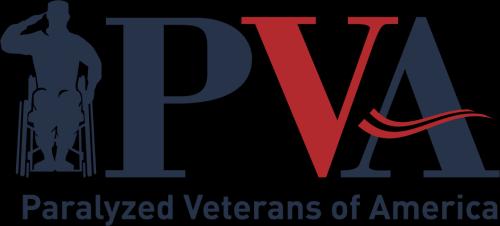
On March 23, Heather Ansley, Associate Executive Director of Government Relations, and Lee Page, Senior Associate Advocacy Director, testified on Capitol Hill in support of improving access to air travel for passengers with disabilities.

Mr. Page testified before the House Transportation and Infrastructure Subcommittee on Aviation. The hearing addressed what should be included in the next FAA Reauthorization to improve the passenger experience. His testimony was focused on the need for the Air Carrier Access Amendments Act (ACAAA) (H.R. 1267/S. 545), which would improve enforcement and require standards of access. Specifically, the bill would instruct the Secretary of Transportation, in direct consultation with the Access Board, to develop standards of access. One such standard would address allowing a wheelchair user to roll onto an airplane to a designated place where they can lock in and fly from their wheelchair or transfer into an airline seat with their chair being stowed in a closet or in the cargo hold. Airlines would be required to operate aircraft that comply with the standards five years after adoption. The measure would also refer violations of the law to the Department of Justice for further enforcement
There were many questions from the panel about disability-related concerns. Rep. Hank Johnson (D-GA) spoke about having heard from a constituent that their
wheelchair had been mishandled. He wanted to know if better training was needed Mr. Page noted that the bigger issue is the process required to stow a wheelchair. Rep. Robert Menendez (D-NJ) asked whether higher pay for workers would lead to better service. Mr. Page agreed that it could lead to less staff turnover. Rep. Steve Cohen (D-TN), an original ACAAA cosponsor, wanted to know what was the one provision that needed to be included in the Reauthorization. Mr. Page testified that access standards are desperately needed.
Over in the Senate, Ms. Ansley testified before the Senate Commerce, Science, and Transportation Committee in a hearing titled, “Enhancing Consumer Protections and Connectivity in Air Transportation.” She testified that although the last FAA Reauthorization allowed the Department of Transportation to assess triple the amount of the allowable fine for wheelchair damage or injury to a passenger with a disability, the Department has yet to assess any fines under this provision. She further testified that despite a significant focus in the last FAA Reauthorization on improving the safety and dignity of passengers with disabilities, the needle has barely moved. In fact, the percentage of wheelchairs and scooters mishandled in 2022 was the same percent as those lost, damaged, or delayed in 2019.
Like Mr. Page, she also gave a strong endorsement for the ACAAA. She further noted our support for including
provisions in the Reauthorization that would require greater analysis and aggregation of wheelchair mishandling data to look for trends and facilitate development of solutions; improved access to seating accommodations; increased flight options at no additional cost if a passenger’s wheelchair cannot be stowed in a particular aircraft’s cargo hold; and continued research on the technological and economic feasibility of airlines implementing in-cabin wheelchair restraint systems.
In an exchange with ACAAA sponsor Sen. Tammy Baldwin (D-WI), Ms. Ansley noted that airlines have been exempted from access standards that other transportation providers, including Amtrak and Greyhound, have to comply with. She also noted that we have seen no innovation or improvements in the nearly four decades since the law originally passed.
Please contact your members of Congress and ask them to cosponsor the ACAAA.
On March 29, PVA’s Morgan Brown, National Legislative Director, testified before the House Veterans’ Affairs Subcommittee on Health which was examining nine pieces of pending legislation, including H.R. 542, the Elizabeth Dole Home Care Act of 2023. Much of Mr. Brown’s written statement and his entire oral presentation focused on the Dole bill. It would make urgently needed improvements to VA’s Home and Community-Based Services, including several that target our concerns about current program shortfalls.
Mr. Brown spoke at length about the urgent need for Congress to raise the cap on how much the VA can pay for the cost of home care. Currently, the VA is prohibited from spending more than 65 percent of what it would cost to care for a veteran in a nursing home. He also talked about the importance of expanding access to key programs like VA’s Veteran Directed Care Program and the need for a national effort to expand and strengthen the direct care workforce, so veterans can find the providers they need. He urged the Subcommittee to
work with the Congressional Budget Office and its Senate counterparts to review previous cost estimates for the legislation to verify their accuracy. He closed by stressing that this important bill addresses several major concerns for catastrophically disabled veterans, and urged Congress to pass the Elizabeth Dole Act this year. Links to a video of the hearing and PVA’s testimony can be found here
Please contact your members of Congress and ask them to cosponsor the Elizabeth Dole legislation.
The House Veterans’ Affairs Committee (HVAC) held a hearing on March 23, titled, “U.S. Department of Veterans Affairs Budget Request for Fiscal Years 2024 and 2025.” The VA Secretary faced the full committee and presented justification for the proposed VA budget. If passed, the proposed budget would be the largest VA budget in history.
Several themes arose from the questions, including oversight and implementation of the PACT Act and its toxic exposure fund (TEF). Several members also highlighted community care access, access to genderspecific care for women veterans, infrastructure spending, and veteran homelessness.
The VA is requesting a total of $325.1 billion for fiscal year (FY) 2024, a 5.4 percent increase above FY 2023 levels. Per the VA, the budget request provides $142.8 billion in discretionary funding and resources for health care, benefits, and national cemeteries. Additionally, there is $182.3 billion in mandatory funding for benefit programs, including compensation and pension, readjustment benefits, housing and insurance, and continued funding for the TEF.
The Independent Budget Veterans Service Organizations (PVA, DAV, and VFW) submitted a statement for the record. You can watch the hearing here.


On March 23, Danica Gonzalves, Advocacy Attorney, presented at the Jacobus tenBroek Disability Law Symposium on the air travel rights of passengers with disabilities and the discrimination they face. The Symposium is considered the leading disability law conference that brings together nationally renowned disability rights advocates to examine issues; explore strategies; and pursue integration, social equality, and personal dignity for individuals with disabilities and the disability rights community. During the presentation, disability rights advocates learned about the turmoil passengers with disabilities experience and how legislation and regulations can improve air travel. Advocates also received vital information on how to enforce passengers with disabilities’ rights and hold air carriers accountable by filing complaints, and the importance of the pending laws and rulemaking.
After several years of debate, the VA has opted for an updated and more inclusive mission statement. The motto, adopted 64 years ago, was from President Lincoln’s second inaugural address: “To care for him who shall have borne the battle and for his widow, and his orphan.”
At the Military Women’s Memorial at Arlington National Cemetery on March 16, the VA Secretary announced VA’s plan to update the motto to be more representative of the population VA serves. The new motto, “To fulfill President Lincoln’s promise to care for those who have served in our nation’s military and for their families, caregivers, and survivors,” reflects that change.
The VA currently provides care and benefits to 50,000 caregivers, 600,000 survivors, and more than 600,000 women veterans. The speakers, who reflected those populations, thoughtfully reflected on what the changing of the motto meant to them and the communities they represent.
PVA’s own Charles McCaffery, Director of the Veterans Career Program, spoke about his experience as a survivor.
You can watch the program here
On March 23, the House Veterans Affairs’ Committee voted to reauthorize the Women Veteran Task Force. The Task Force was created during the Spring of 2019 in response to veterans service organizations advocating on behalf of the needs of women veterans.
Work done by the Task Force has included the passage of the Deborah Sampson Act, the largest expansion of women’s health care at VA, as well as oversight of other policies that impact women veterans. The Committee voted unanimously to reauthorize the Task Force for another six months.
Rep Aumua Amata Coleman Radewagen (R-American Samoa) will take the lead as Chair and Rep. Julia Brownley (D-CA) will be the Ranking Member. Together, they will work to ensure the bipartisan nature of the Task Force and will take their leads from topics highlighted by work done by the various subcommittees. PVA is looking forward to working with the Women Veteran Task Force on behalf of our women members.
On March 15, the Senate Veterans' Affairs Committee (SVAC) held a hearing titled, "Examining the Future Path of VA's Electronic Health Record Modernization Program.” VA’s main witness was Dr. Neil Evans, M.D., Acting Program Executive Director, Electronic Health Record Modernization Integration Office. Dr. Evans recognized the challenges with VA’s efforts to modernize the Department’s electronic health record (EHR) system. Yet, they remain fully committed to the ongoing modernization and deployment of it. He noted that VA has made significant progress from their first golive in Spokane, Washington. He concluded his remarks
by stating that their top priority continues to be advancing a culture of safety and high reliability, with the goal of zero incidents of patient harm.
As improvements continue to be made over the next several months, VA will continually evaluate readiness of sites and the EHR system to ensure success. These assessments include ensuring each site has the people, processes, and technology needed to ensure a successful go live.
On March 22, the Senate Veterans’ Affairs Committee (SVAC) held a hearing to discuss ways to improve recruitment and retention of VA health care professionals. VA’s main witness was Tracey Therit, VA’s Chief Human Capital Officer. According to Ms. Therit, VA has dramatically increased its hiring of staff by holding surge events to onboard staff more quickly and increasing incentives for recruitment and retention. The nationwide onboarding event held last November allowed the Veterans Health Administration to hire more new staff in the first quarter of this fiscal year than in the same period in any other previous fiscal year. Five months into this fiscal year, VA has onboarded nearly 23,000 new hires, which well positions VA to meet its goal of 52,000 new employees this fiscal year.
Please contact your Senators and ask them to cosponsor the VA CAREERS Act, which would help VA attract and retain top health care professionals.
On March 23, the VA Secretary addressed concerns from veterans about a proposal from the Congressional Budget Office (CBO) to eliminate disability compensation for veterans who make more than $170,000 a year. Every year, CBO makes a list of ways that the federal deficit can be addressed through
spending cuts. The VA Secretary noted that VA does not support such a proposal. Also, PVA is not aware of any efforts in Congress to move on any of the VA-related proposals, many of which have been suggested several times over the years, that are outlined in the CBO report. Rest assured, PVA and the other veterans service organizations would strongly fight any efforts to reduce veterans benefits or health care.

On January 5, the President signed into law H.R. 7939, the Veterans Auto and Education Improvement Act of 2022, as amended. This law paves the way for VA to provide an additional automobile allowance. In February, Carl Blake, Executive Director, sent a letter to the VA Secretary urging swift implementation of the law. VA’s response to the letter notes that the Department is planning to issue interim guidance to facilitate implementation. We will be working closely with VA to ensure that the ability to receive an additional auto grant is soon a reality. We have also discussed our concerns about implementation with Senate Veterans’ Affairs Committee Chair Jon Tester (D-MT) and House Veterans’ Affairs Committee Chair Mike Bost (R-IL) and urged their intervention with VA on this issue.
On March 30, the Senate passed S. 777, the Veterans’ Compensation Cost-of-Living Adjustment (COLA) Act of 2023, which would increase the rates of VA compensation for veterans with service-connected disabilities and military survivors. Under federal law, the COLA for VA's compensation and pension rates is the same percentage as for Social Security benefits. As a reminder, the Social Security Administration bases their annual COLA adjustment on the Consumer Price Index, as reported by the Bureau of Labor Statistics in late fall.
The U.S. Supreme Court announced that it will hear a case to determine whether a “tester” can bring a lawsuit for a hotel’s failure to provide accessibility information
on their website, when the plaintiff has no intention of actually visiting the hotel. In the case, Acheson Hotels, LLC v. Laufer, Deborah Laufer, a mobility assistive device user and a self-deemed “tester,” regularly visits hotel websites checking whether they have accessibility information. Under the Americans with Disabilities Act (ADA) reservation rule, hotels must identify and describe the accessibility features of the hotel and guest rooms in enough detail for a guest to decide if the hotel will meet their needs. When Laufer went on the Acheson Hotels’ website, it had no information regarding accessibility. Laufer sued the hotel for violating the ADA. Courts have different opinions on whether a tester, who cannot prove they intend to stay at the hotel, can sue. The Supreme Court will likely hear the argument in the fall, with a decision to follow sometime in 2024.
Please visit the House and Senate Veterans’ Affairs Committee webpages for information on upcoming hearings and markups.

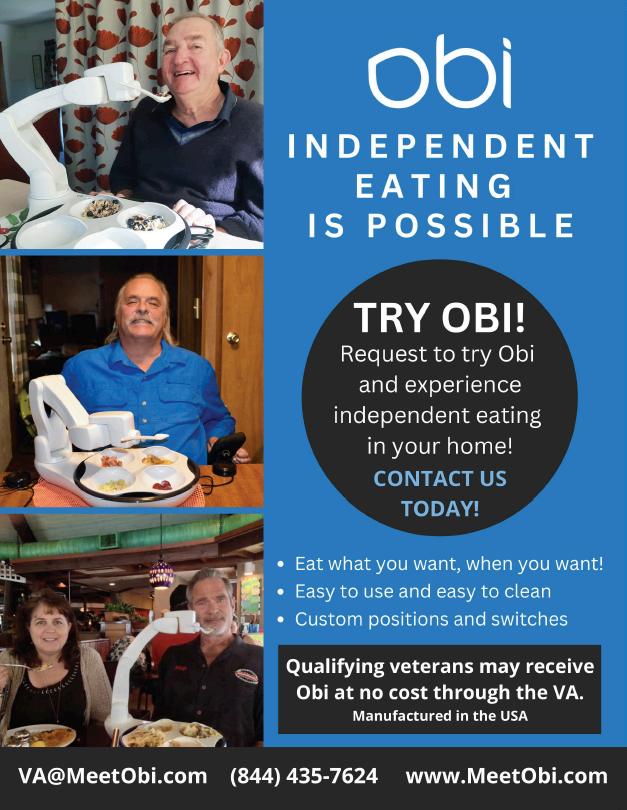
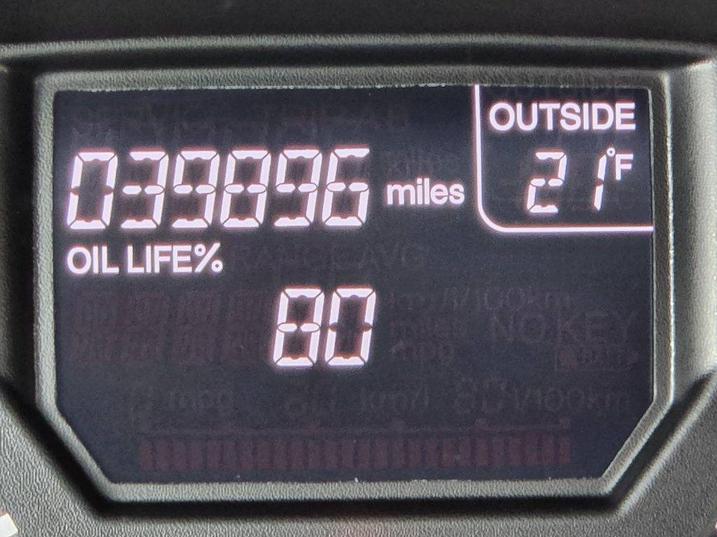
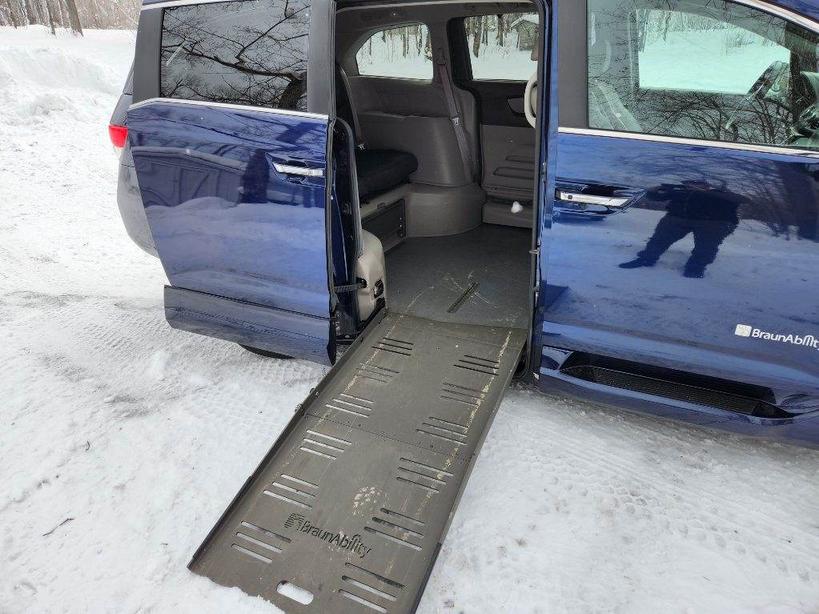
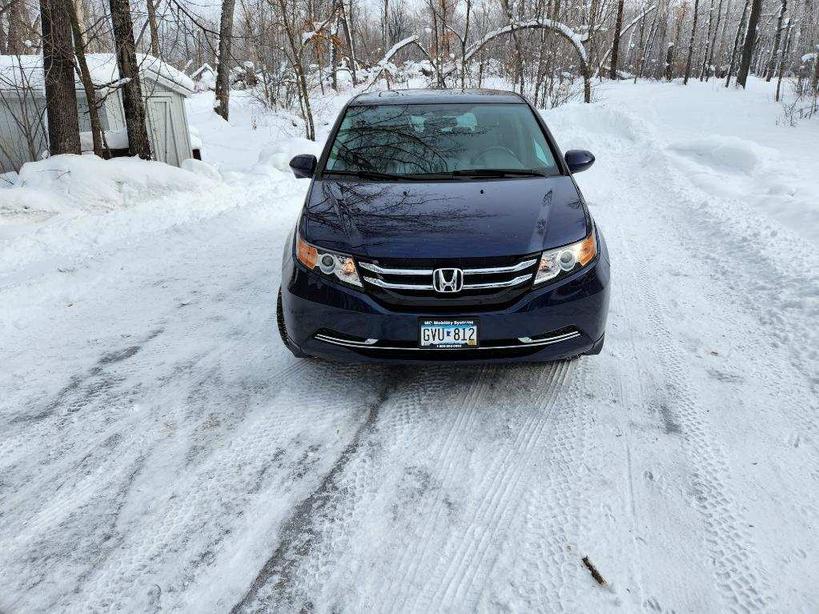
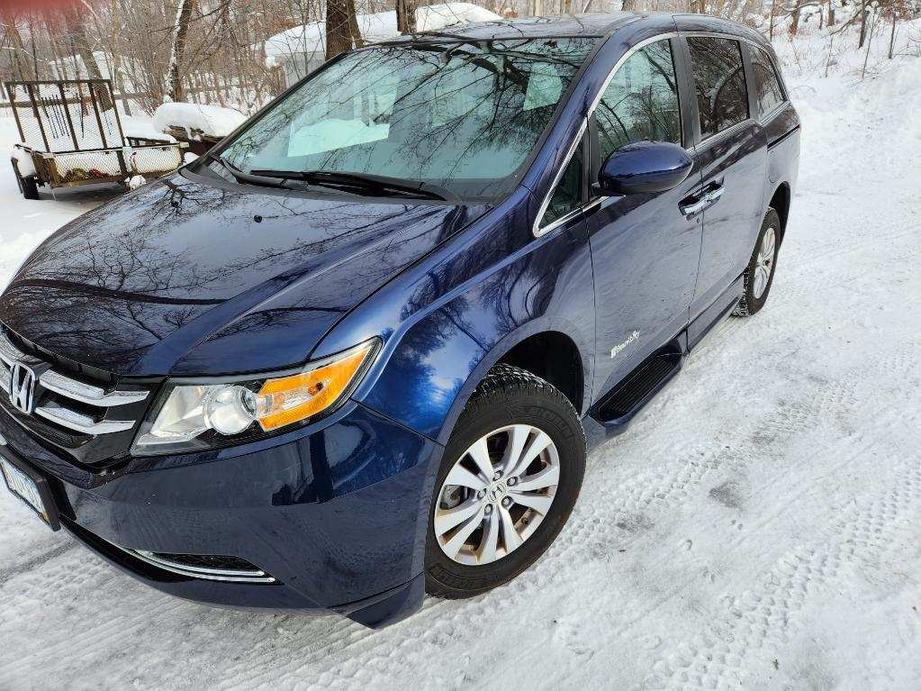
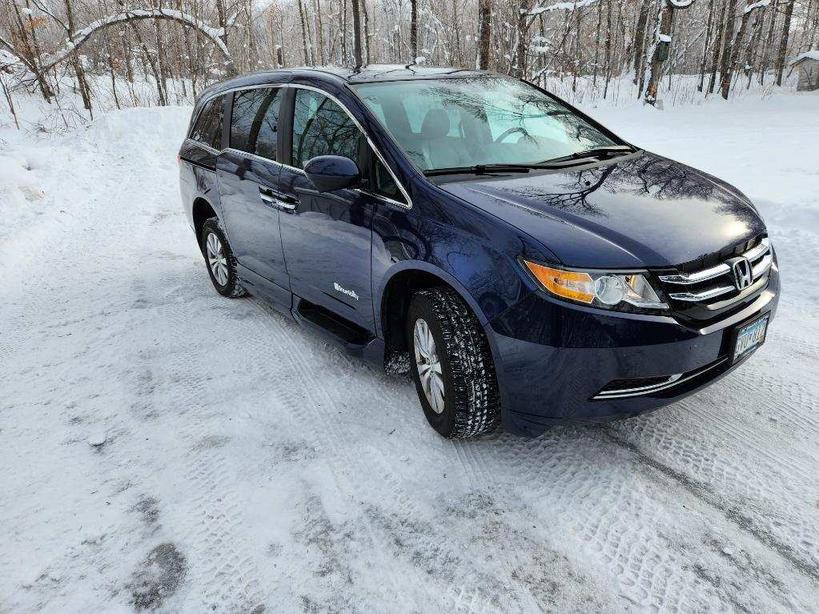
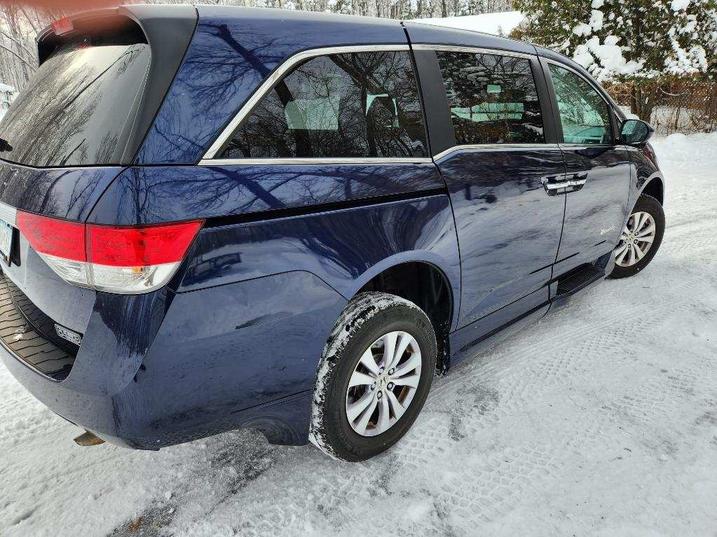
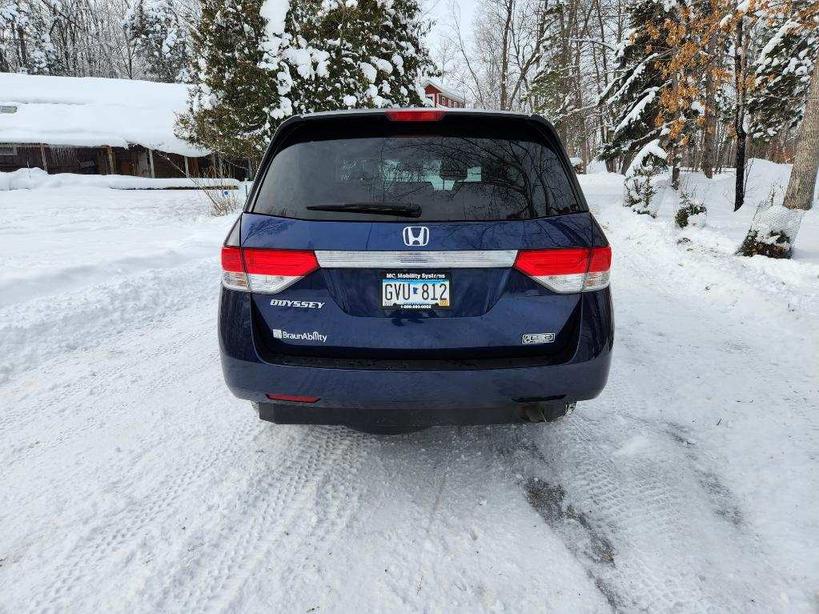
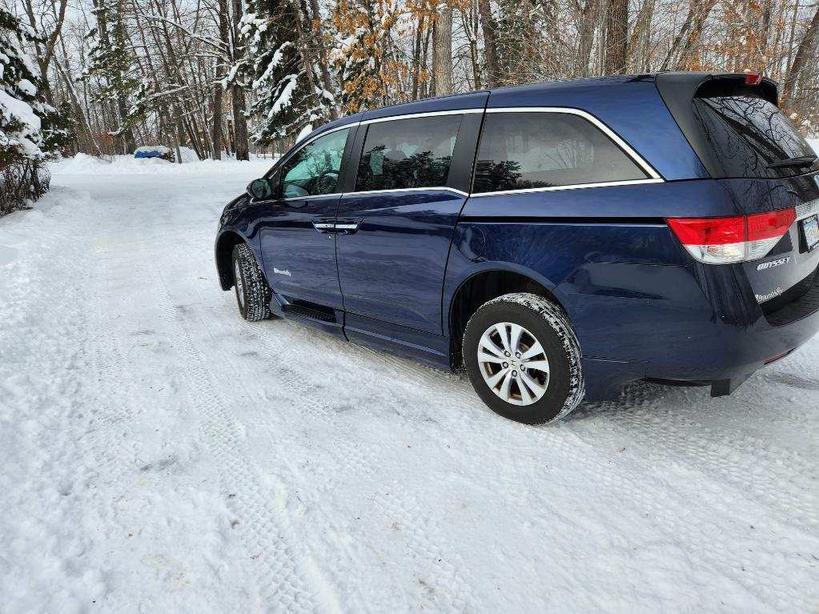



If you’re a Veteran in crisis or concerned about one, reach caring, trained responders 24 hours a day, 7 days a week.
When you call the Veterans Crisis Line, here is what you can expect:
• A qualified responder will answer your call, ready to listen and help.
• The responder will ask a few questions, such as whether you or the Veteran you’re concerned about may be in immediate danger or at risk for suicide.
• The conversation is free and confidential, and you decide how much information to share.
• Support doesn’t end with your conversation. Our responders can connect you with the resources you need.

You don’t have to be enrolled in VA benefits or health care to connect.

Arthur Anderson
Dwain Baker
Dennis Bateman
Carl Beckenbach
Barry Borgen
Wayne Bren
Kenneth Brookins
Matthew Butzer
Matthew Carlson
David Cartwright
Ambrose Cemensky
Todd Christensen
Colton Cory
Robert Davis
David Elcombe
Terence Emery
Eduardo Figi
Jeffrey Freeman
William Frisby
Duane Gominsky
Rod Guthier
David Iverson
Jerome Jackson
Richard Johnson
Lawrence Karels
Douglas Kleindl
Lyle Koivisto
Charles Kriesel
David Larson
Houa Lee
Judy Klemm

Daniel Lehmann
Roger Loken
Joseph Mauricio
Thomas Peterson
Denton Pomahatch
Jeremiah Reed
Donald Ruotsinoja
Wayne Stelling
Mark Stulz
Stephen Thell
Mark Tidd
Bruce Truax
Terry Turbes
Charles Willis
Gregg Wise
John Alhaus
Gerald Bartels
Richard Bollig
Timothy Cannon
Terry Crosgrove
James Dahlin
Ronald Dauenbaugh
Lexiane Dunn
Jerry Emblom
Kenneth Erickson
John Ford
Ronnie Goelz
Troy Houde

David Ingebritson
Ronald James
Dennis LaVoie
Dale LeGrand
Richard Lee
Aloys Meleska
Thomas Martinson
Steven Peterson
Michael Stoen
James Stolz
Duane Thorsvik
Rosemarie Ulven
APRIL
BALMY BLOOMING BLOSSOMS BOUQUET BUNNY BUTTERFLY CHICKS
DAISY
EASTER
EQUINOX FLOWERS
GARDEN
GRASS
LILY
MAYPOLE RAINSHOWER
REBIRTH
ROSE
SUNSHINE
TULIP
WARMING
Mail completed copy to office to enter drawing for $25 gift prize
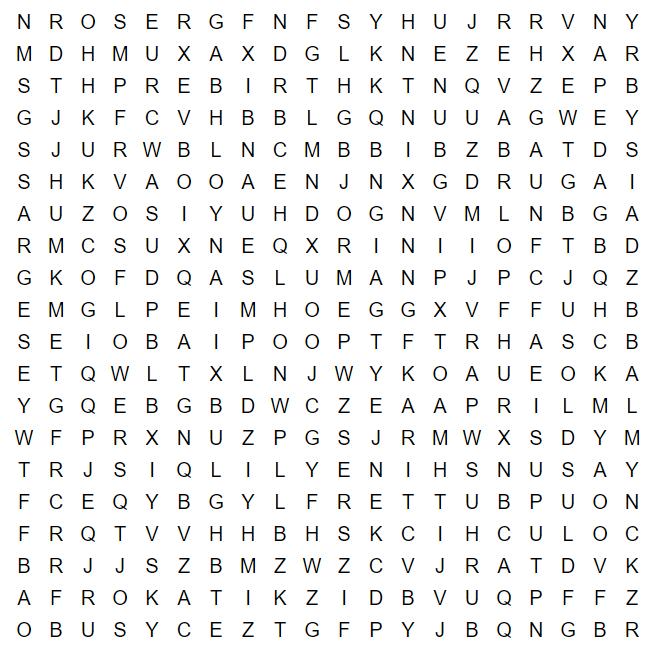
April
Please help us keep our membership list up to date. Contact the office if you have recently moved, updated your phone number, or email address. This ensures our ability to pass on the latest news to our members. Remember, any updates you may make with the VA are not shared with us. office@mnpva.org
